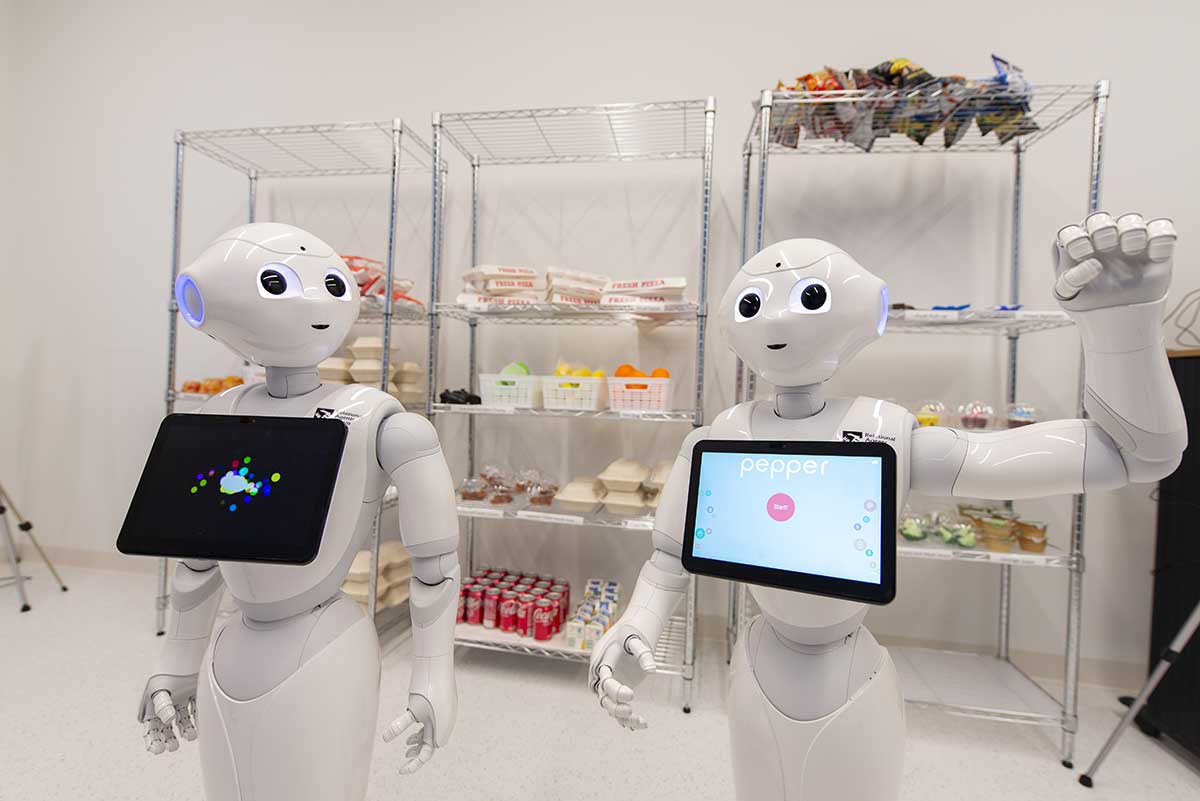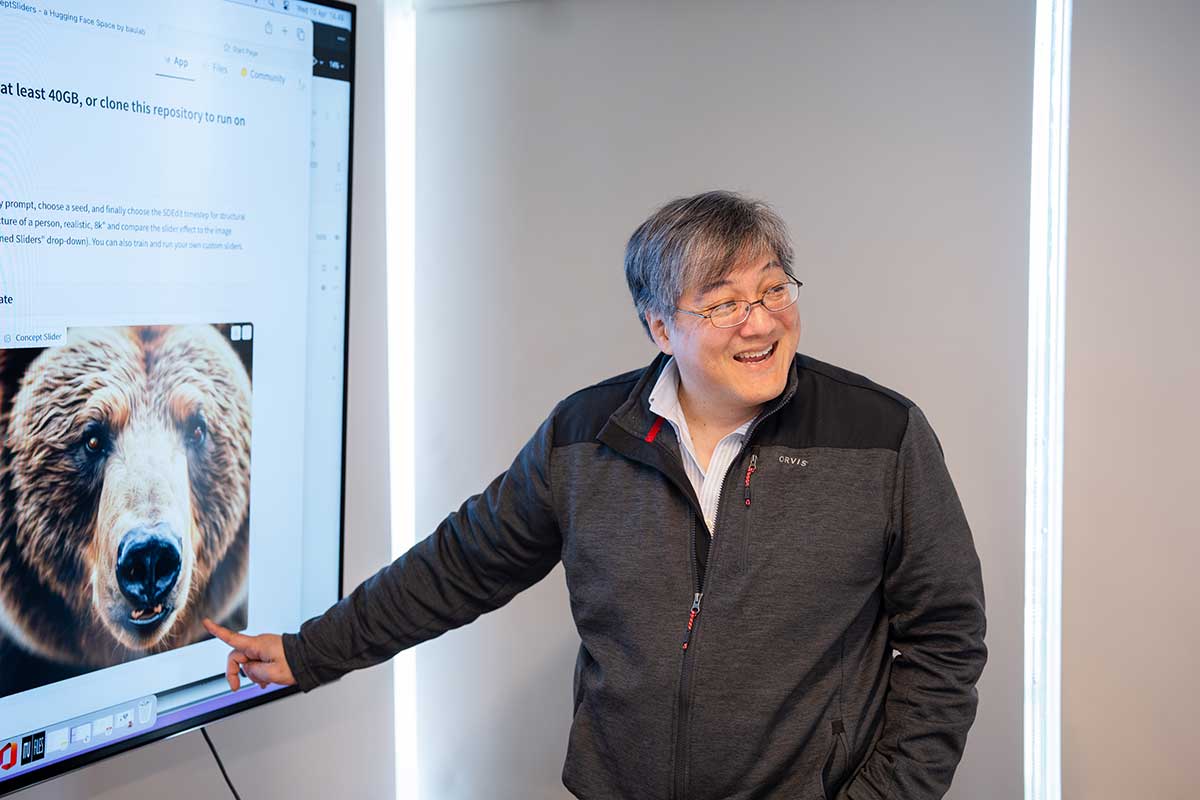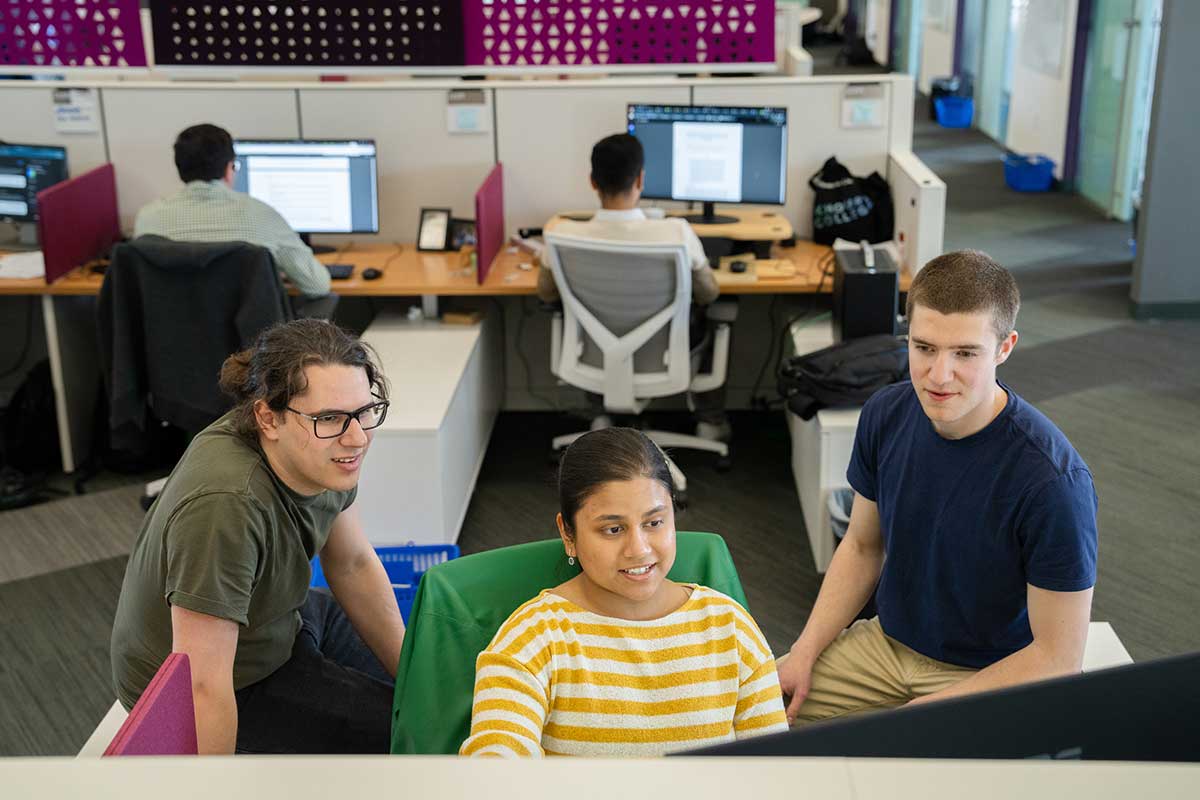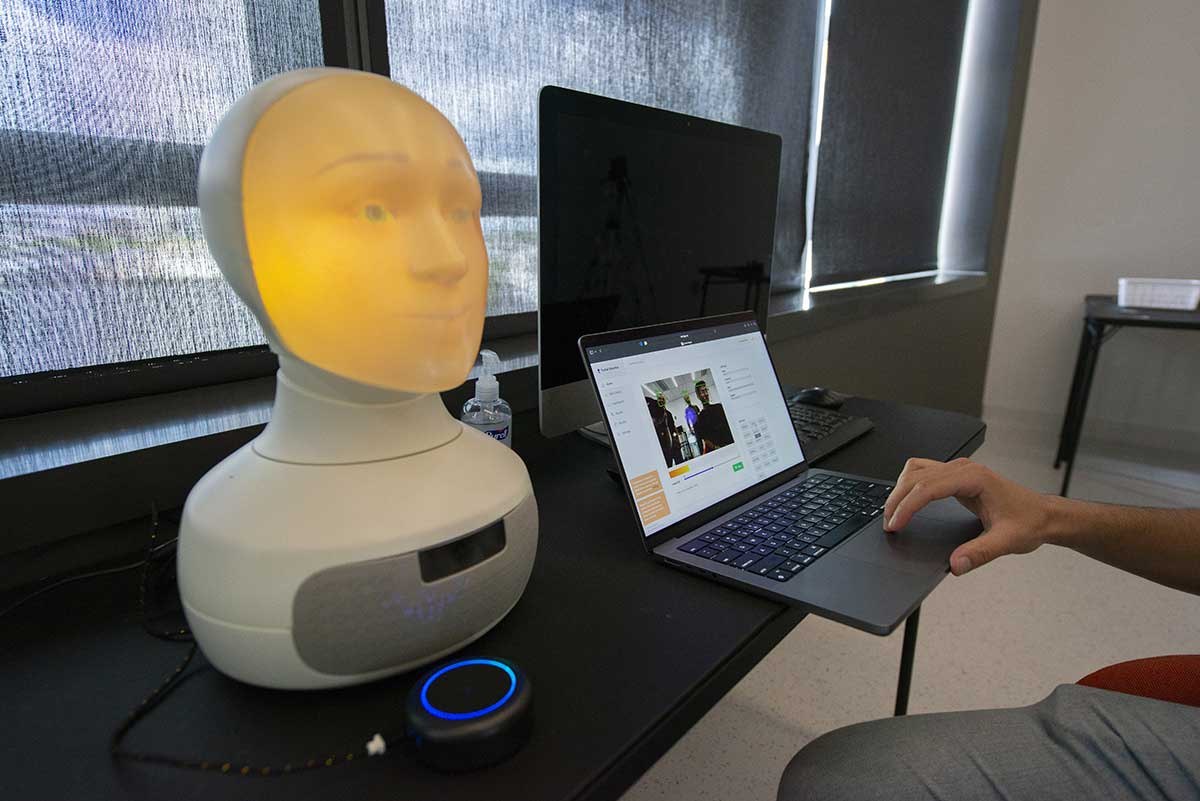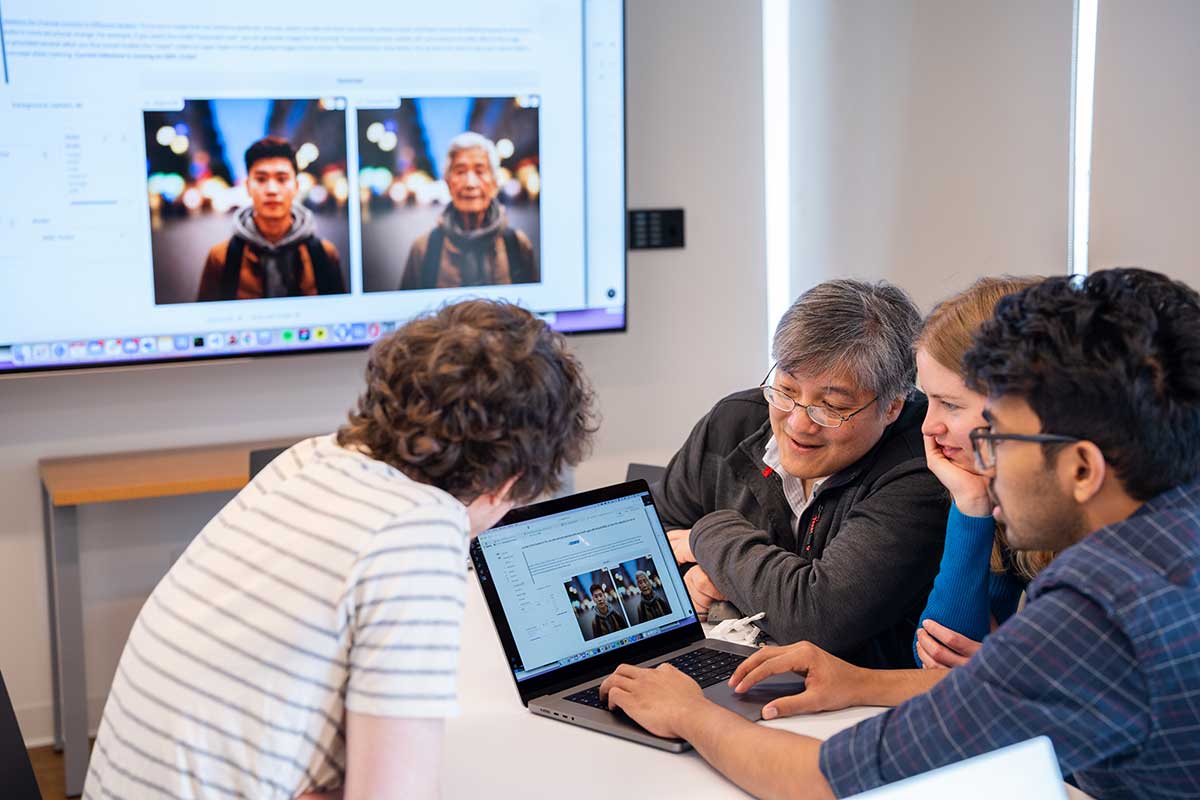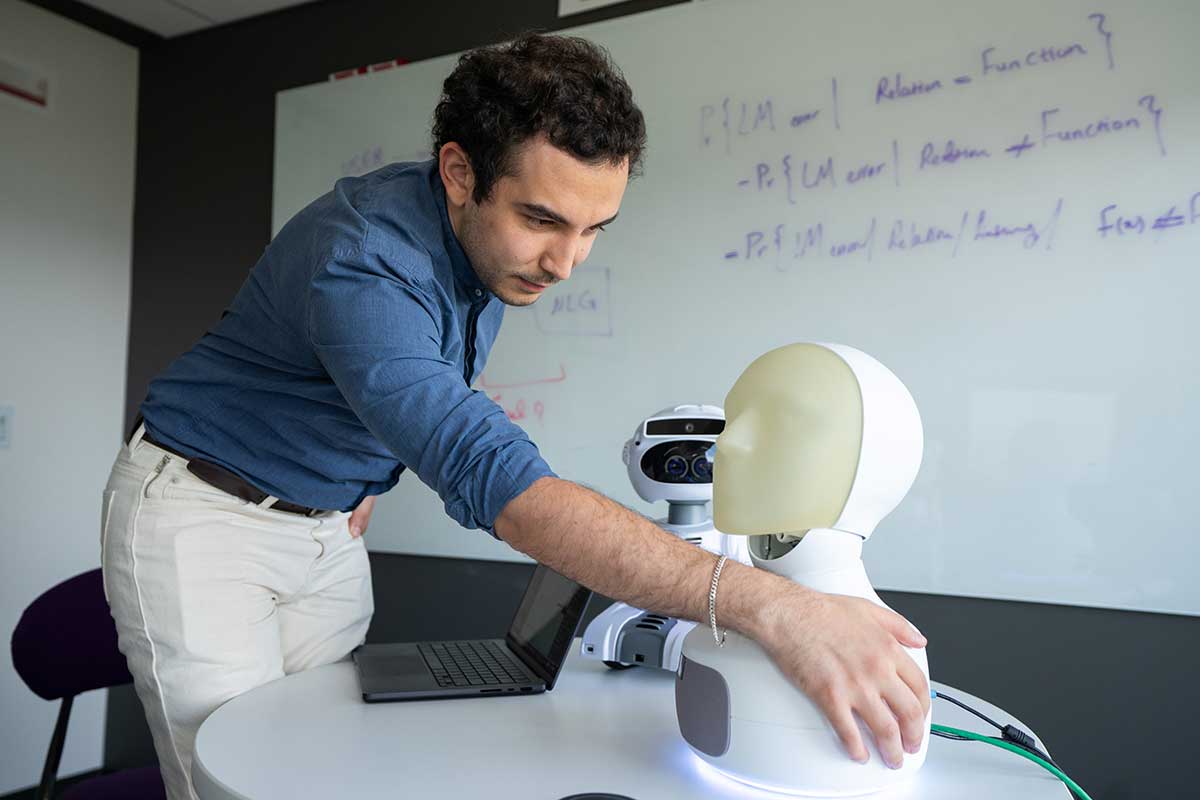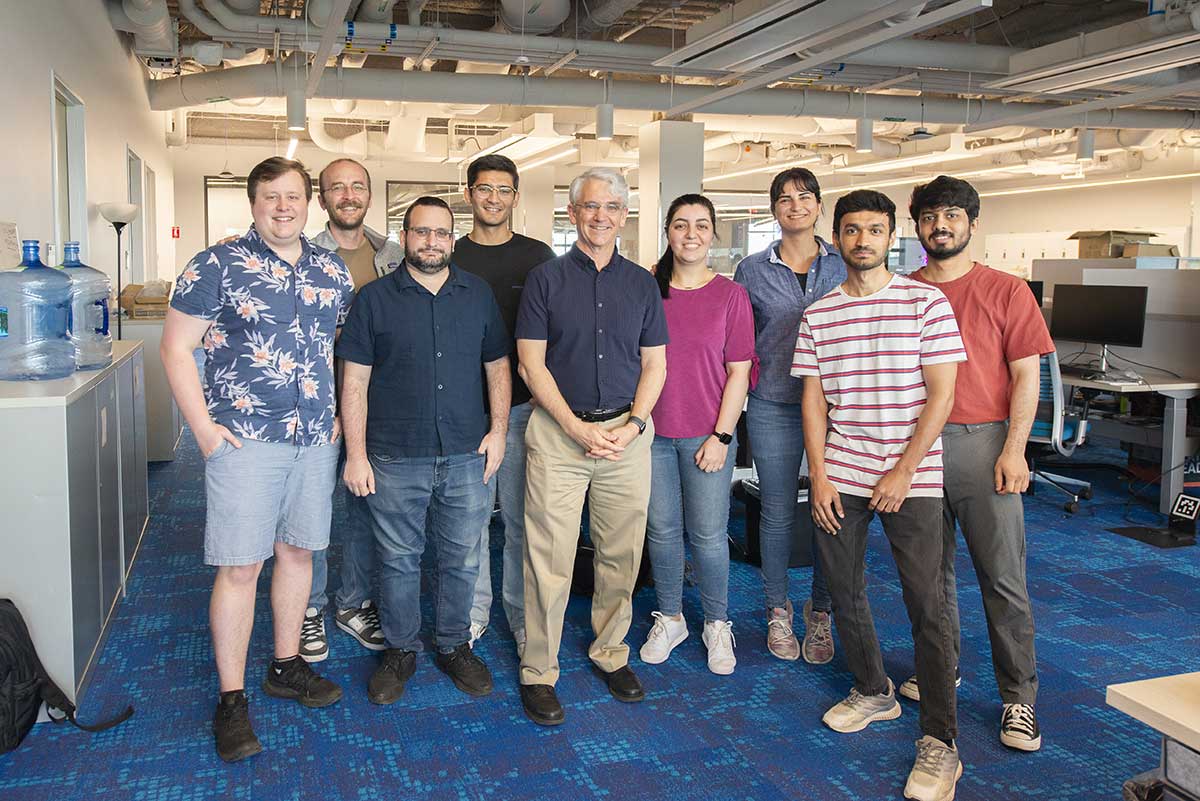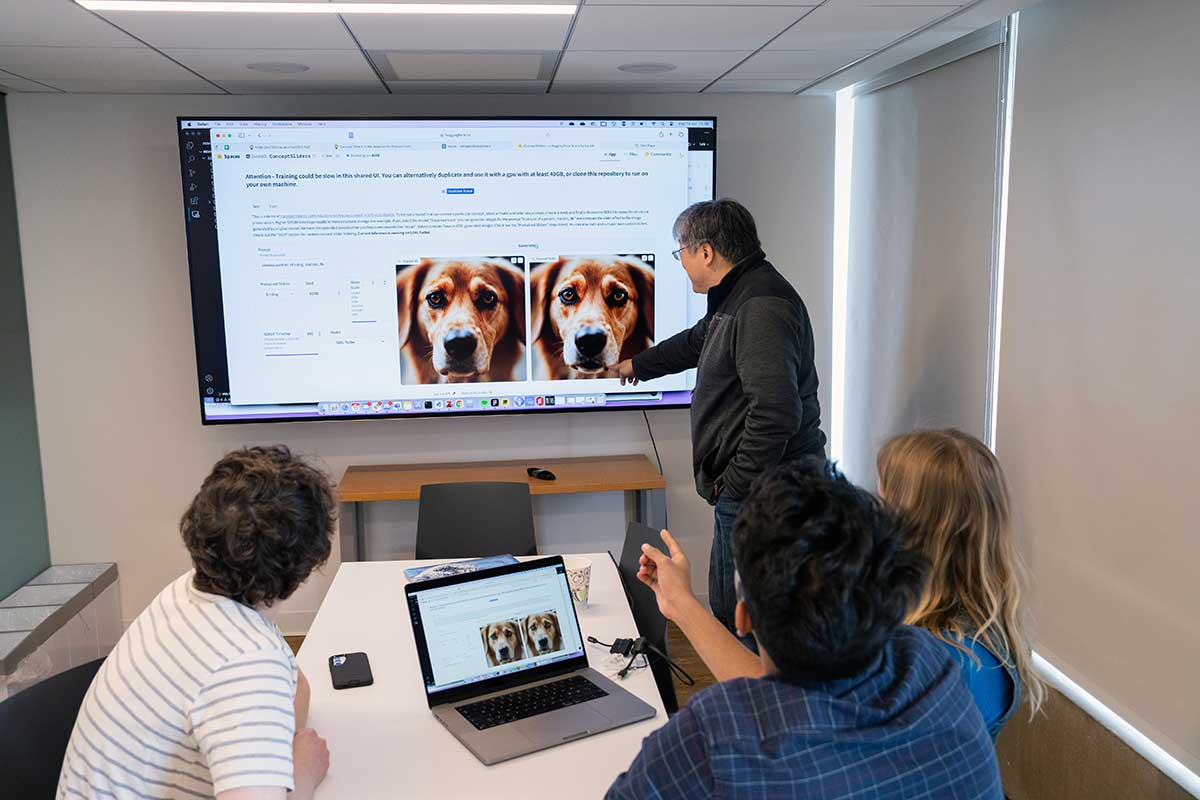
Artificial Intelligence at Khoury College of Computer Sciences
The science behind the AI technology that is revolutionizing everyday life
Artificial intelligence has opened new frontiers in computing — and changes in how our world works — that are comparable to the advent of the World Wide Web in the early 1990s. Computer scientists are at the heart of this transformation, refining theoretical and formal knowledge, as well as building the tools and programs that underpin AI.
As AI becomes more prevalent, not just in our direct interactions with computers but also in transportation, health care, robotics, entertainment, and other sectors, it is critical that research and understanding extend past the technical aspects to consider how the augmentation, or “sixth sense” that AI may provide, can be developed safely, ethically, and in service to humans. Khoury College researchers are leading the way in their exploration of the technical foundations of AI, as well as the human implications of its recent explosive growth.
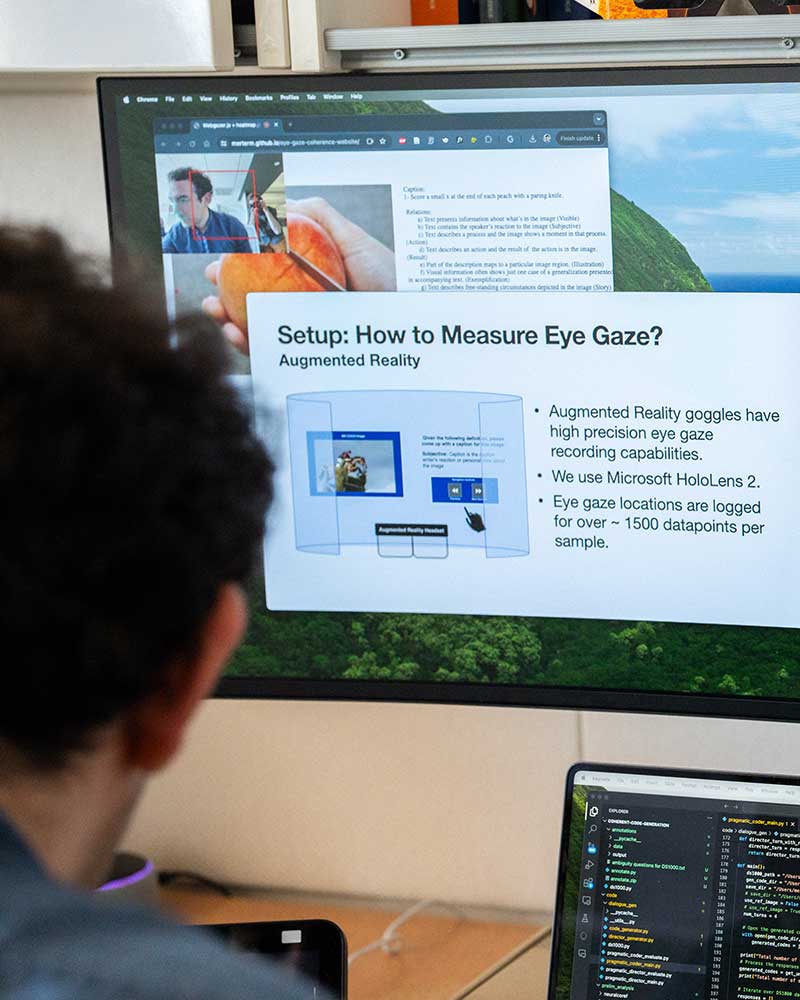
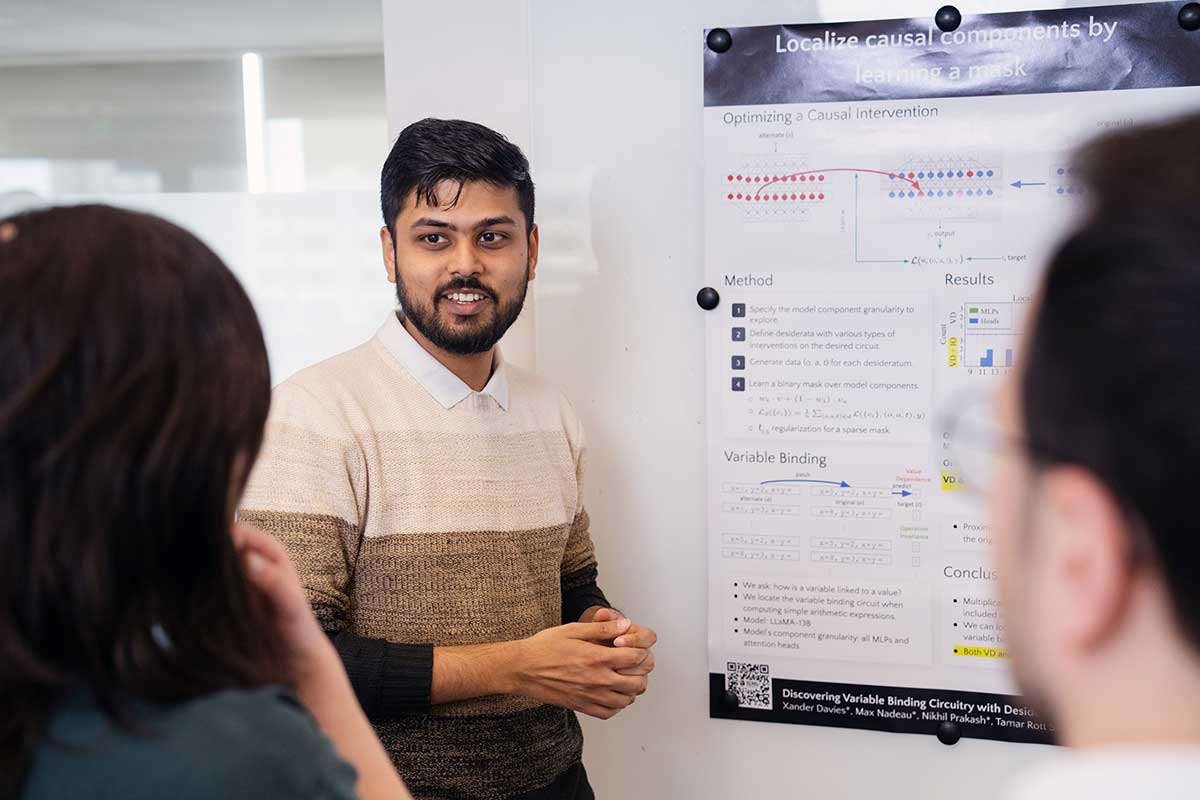
Transforming the way we design, build, teach, and communicate
AI research is affecting daily life for many, as more and more computer tools embed AI capacity. This is transforming work by transferring tasks that once required humans to automated programs. AI assistants are also aiding human work across technical, editorial, logistical, and everyday contexts.
In addition to the transformative impact on work, Khoury College’s AI research is helping develop methods that fuel scientific breakthroughs. Tasks that require analysis of massive datasets (far beyond the capacity of non-AI programs) can now be designed, bringing the promise of completely new approaches in medical research and materials science among others.
AI research is also having a considerable impact on computer science itself. It touches every research area at Khoury College, at the same time shifting the focus of software development as a profession, AI automates many burdensome tasks in development, freeing up time to work more strategically and creatively, leading to better programs.
Sample research areas
- Machine learning
- Sensing
- AI in health care
- AI in software development
- Large language models
- Cognitive, emotional, social, and physical behavior models
- Application of human behavior modeling to the design of health interventions
- Social skills training to simulate social systems
- Robotic systems capable of flexibly interacting with the world
- Design of virtual humans capable of interacting with people using verbal and nonverbal behavior
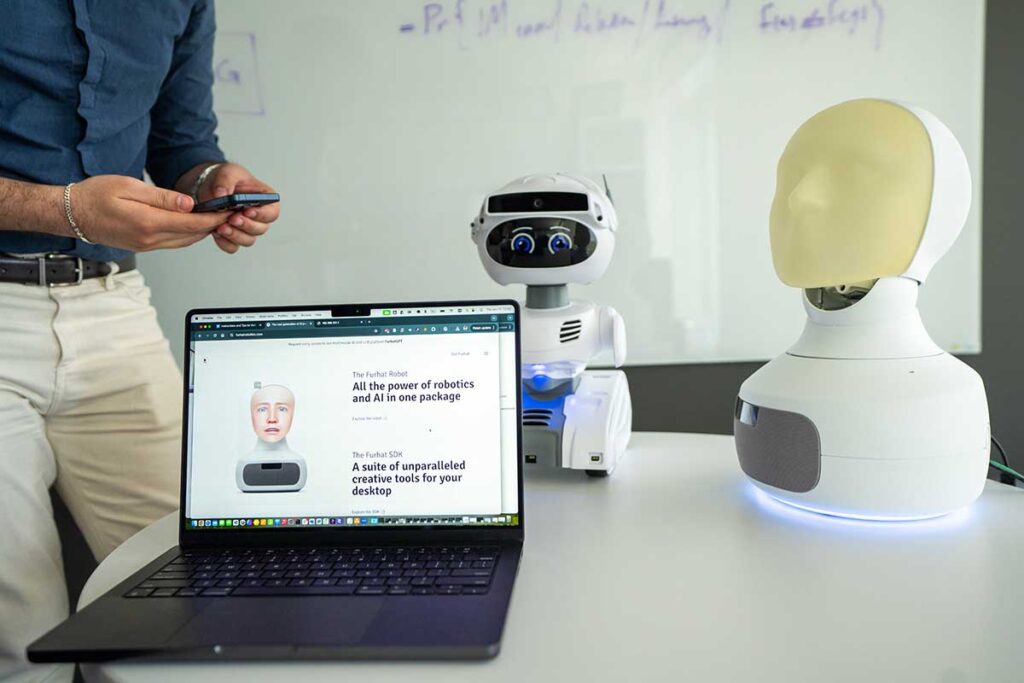
Khoury researchers: At the forefront
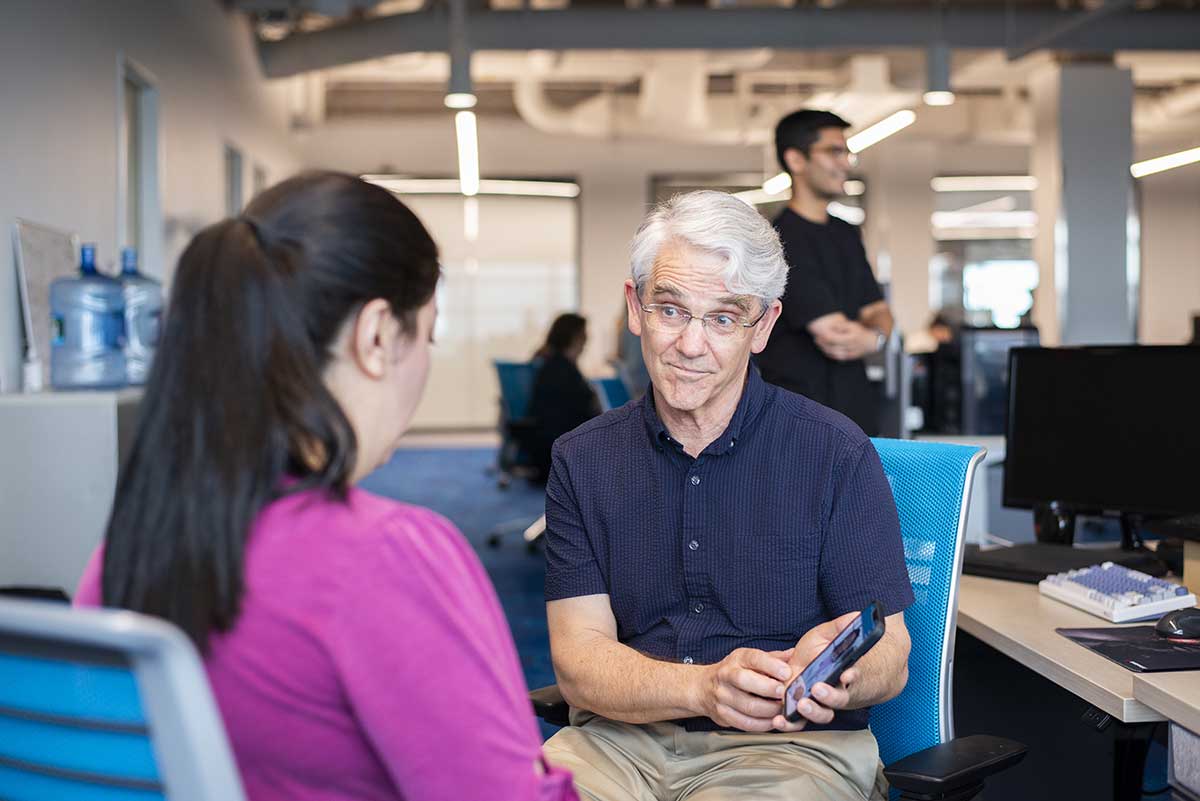
Current project highlights
Recent research publications
On robot grasp learning using equivariant models
Authors: Xupeng Zhu, Dian Wang, Guanang Su, Ondrej Biza, Robin Walters, Robert Platt
Khoury researchers are tapping AI and related areas to create new methods to help robots learn to pick up objects. Symmetric Grasp helps robots focus on the symmetries in many common objects when trying to figure out how to grasp something, speeding learning and making robots more efficient.
Improving Deep Policy Gradients With Value Function Search
Authors: Enrico Marchesini, Christopher Amato
This research improves a technique used to train computers. Deep policy gradients refer to the elements that computers used to control robots or other agents. Khoury researchers are developing ways to improve how the model estimates value, which helps a system learn faster and achieve better performance.
HITSnDIFFs: From Truth Discovery to Ability Discovery by Recovering Matrices with the Consecutive Ones Property
Authors: Zixuan Chen, Subhodeep Mitra, R Ravi, Wolfgang Gatterbauer
This research introduces a new way of using AI to determine the correct answers. If you look at large groups of user responses, how can you rank users based on their overall ability to answer questions accurately? Khoury researchers and colleagues propose an algorithm called HITSnDIFFs (HND) that takes tools from standardized test research to analyze responses and rank them, potentially opening up more accurate and efficient ways for AI to work.
Related labs and groups
Faculty members
-
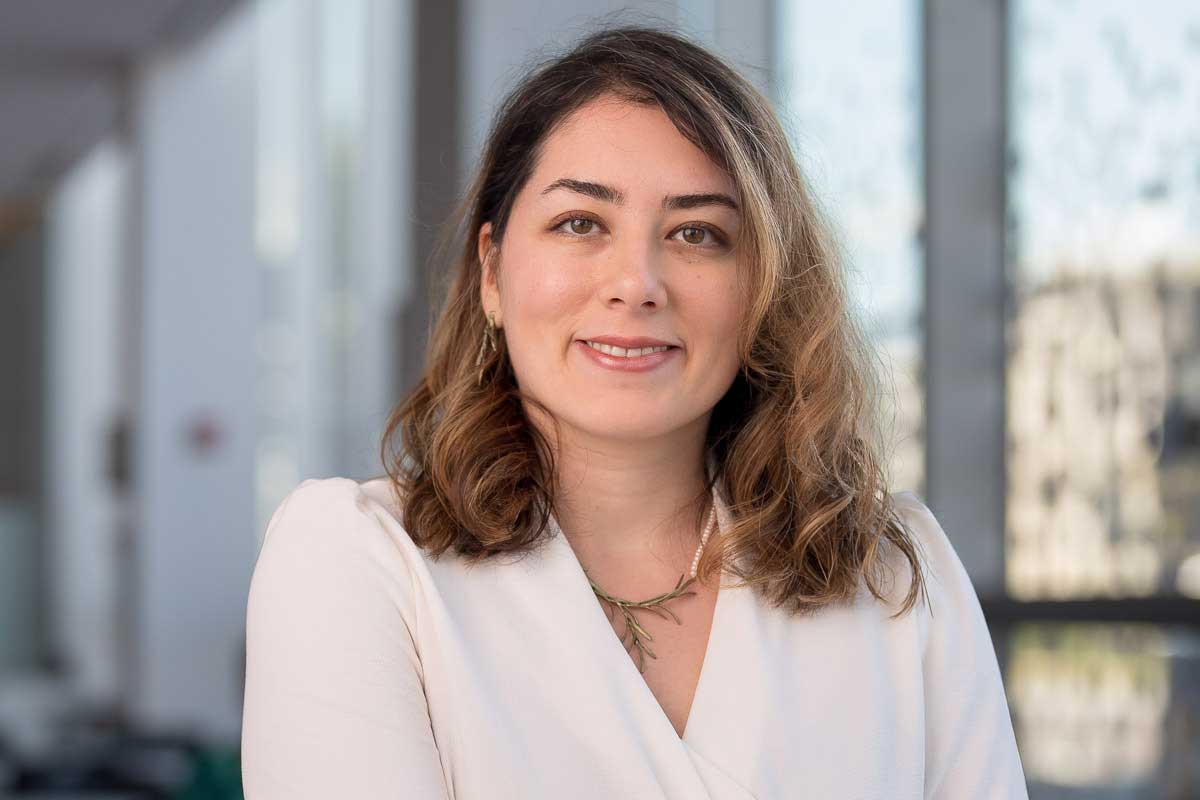
Malihe Alikhani
Assistant Professor
Malihe Alikhani is an assistant professor at Khoury College. Both enthused and wary of the transformative power of AI, Alikhani teaches courses and conducts research on AI ethics and equitable natural language processing.
-
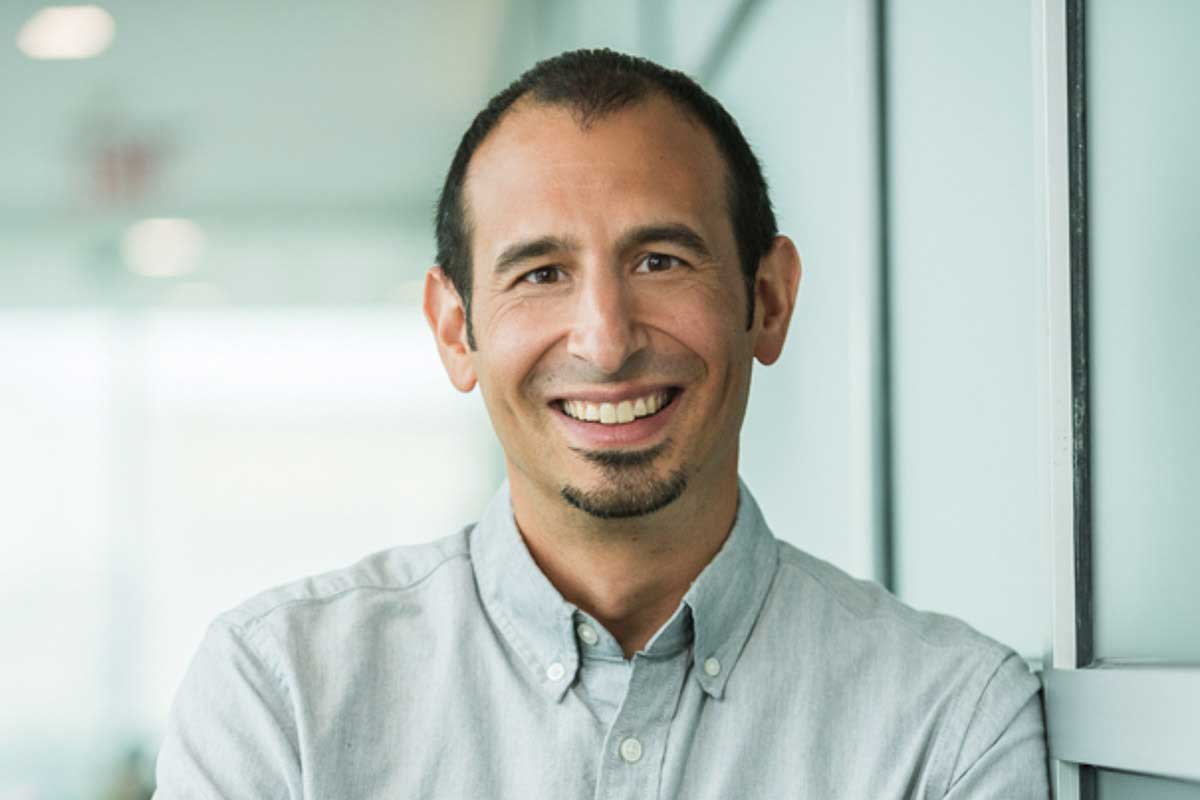
Christopher Amato
Associate Professor
Christopher Amato is an associate professor at Khoury College and head of the Lab for Learning and Planning in Robotics. His research lies at the intersection of robotics, AI, and machine learning, including planning and reinforcement learning in partially observable and multi-agent/multi-robot systems.
-
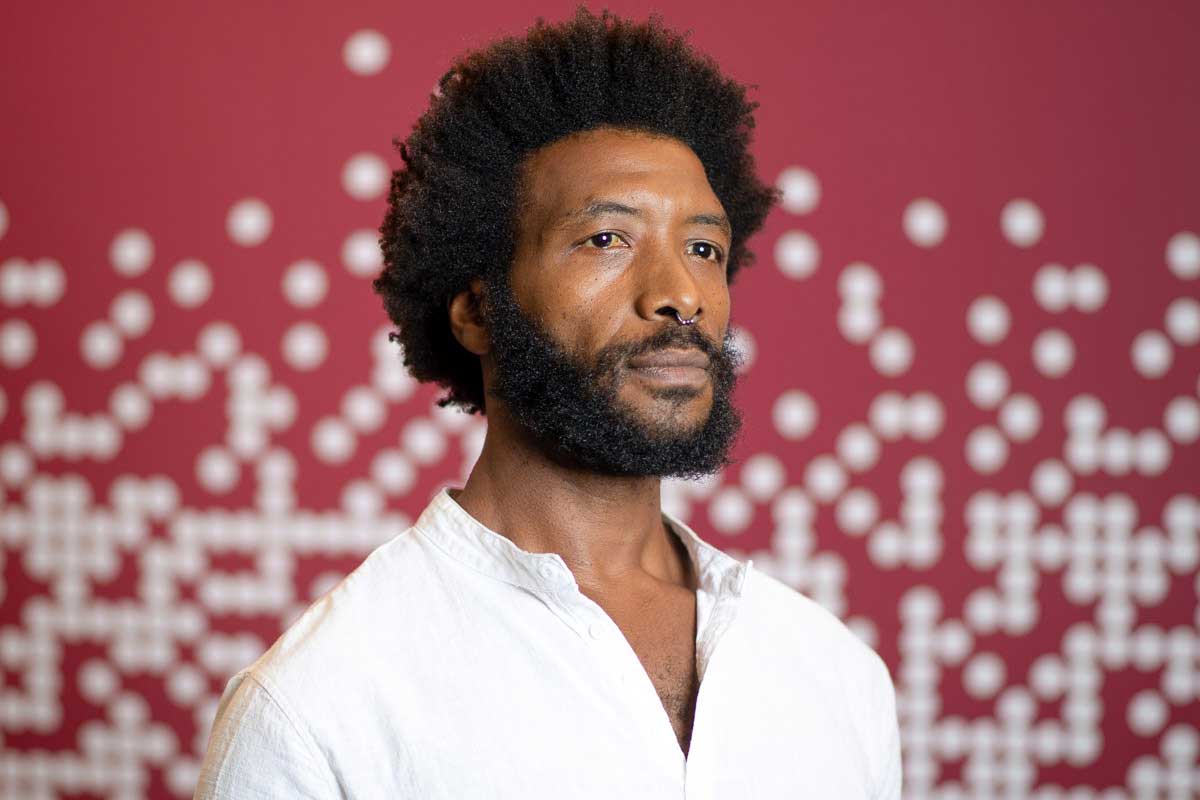
Silvio Amir
Assistant Professor
Silvio Amir is an assistant professor at Khoury College. By applying natural language processing, machine learning, and information retrieval methods to personal and user-generated data, he aims to improve the reliability, interpretability, and fairness of predictive models and analytics.
-
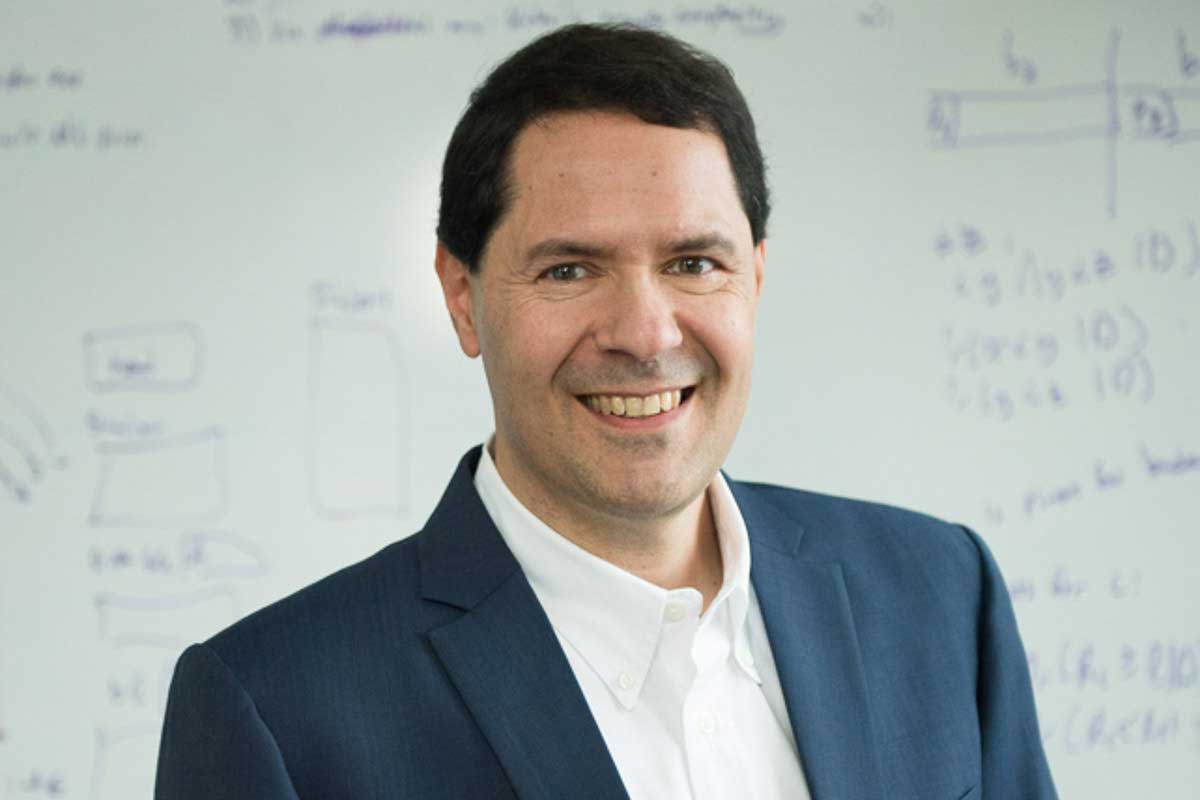
Javed Aslam
Professor, Chief of Artificial Intelligence
Javed Aslam is a professor at Khoury College. His research emphasizes machine learning and information retrieval, with forays into human computation, transportation, computer security, wireless networking, and medical informatics.
-
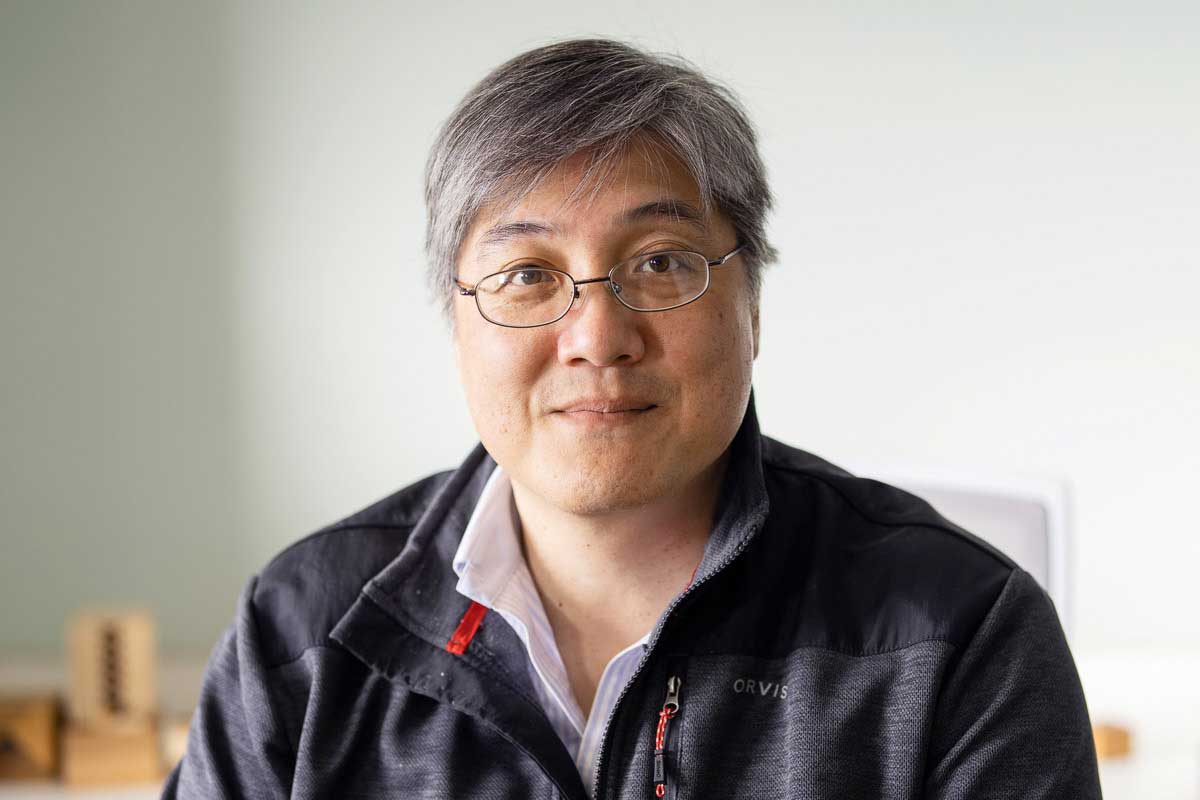
David Bau
Assistant Professor
David Bau is an assistant professor at Khoury College and the lead principal investigator of the National Deep Inference Fabric project. His research centers on human–computer interaction and machine learning, including the gap between the efficacy of AI and scientists’ ability to explain it.
-
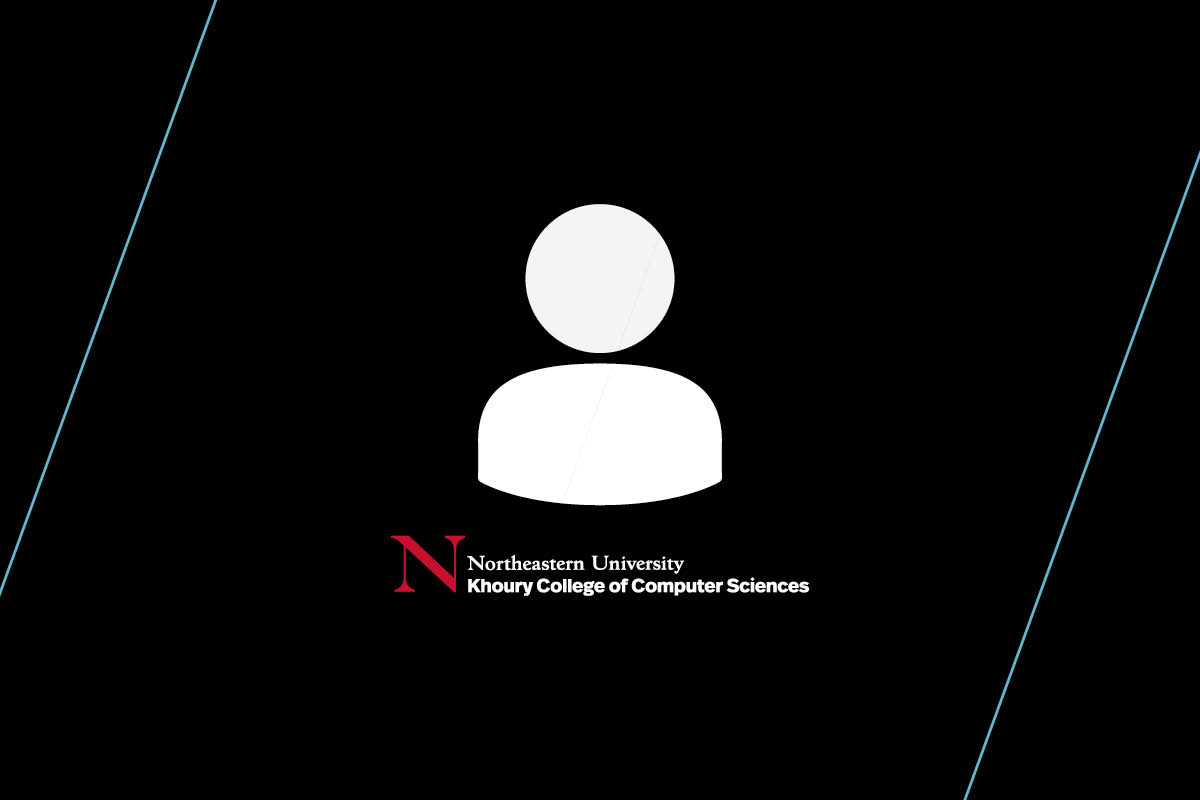
Kenneth Church
Professor of the Practice
Kenneth Church is a professor of the practice at Khoury College and a senior principal research scientist at Northeastern’s Institute for Experiential AI. His research focuses on natural language processing and information retrieval, artificial intelligence, and machine learning.
-
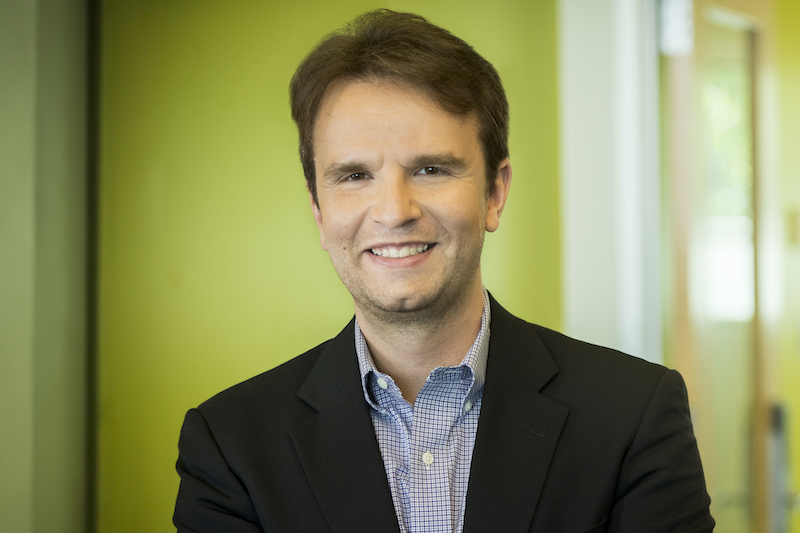
Nate Derbinsky
Teaching Professor, Associate Dean of the Global Campus
Nate Derbinsky is a teaching professor and the associate dean of the global campus at Khoury College in Boston. His research operates at the intersection of artificial intelligence, optimization, machine learning, and database systems, and he has been working to deliver quality computer science education for students from kindergarten through graduate school for nearly 20 years.
-
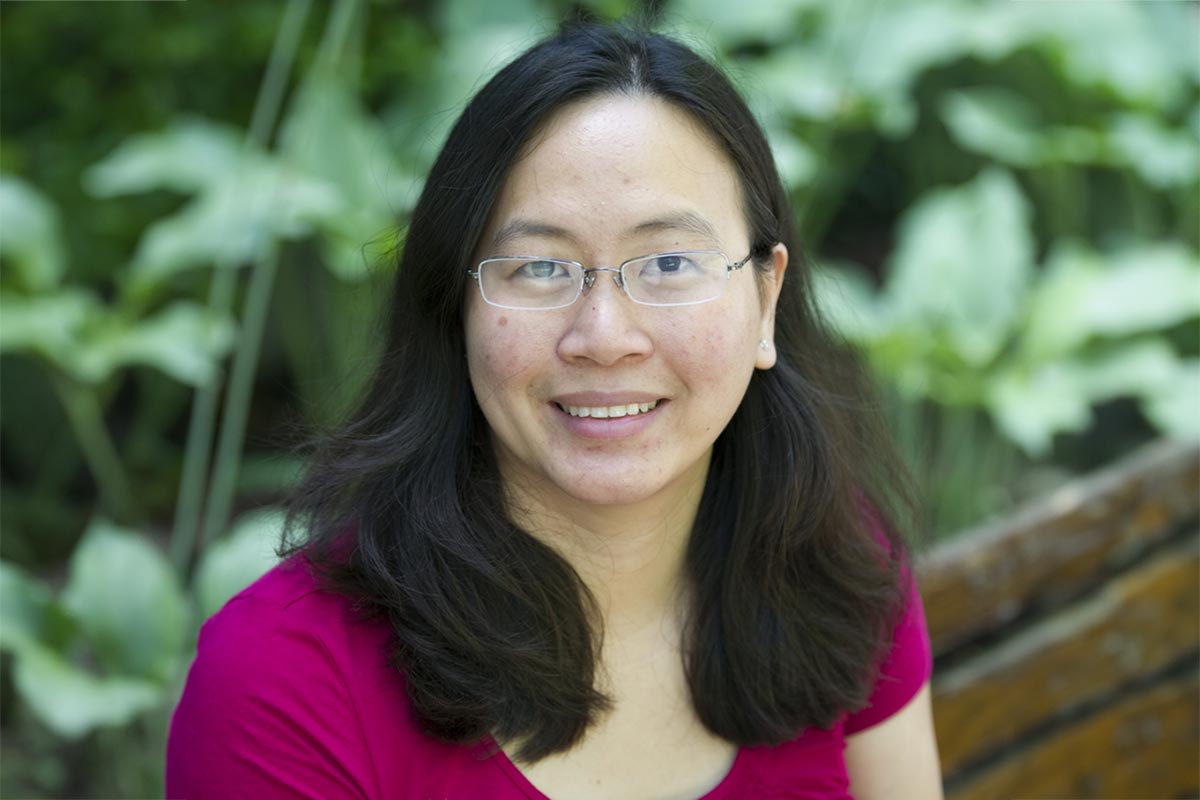
Jennifer Dy
Professor
Jennifer Dy is an associate professor in the College of Engineering, with a courtesy Khoury College appointment. Her research explores machine learning, data mining, statistical pattern recognition, and computer vision.
-
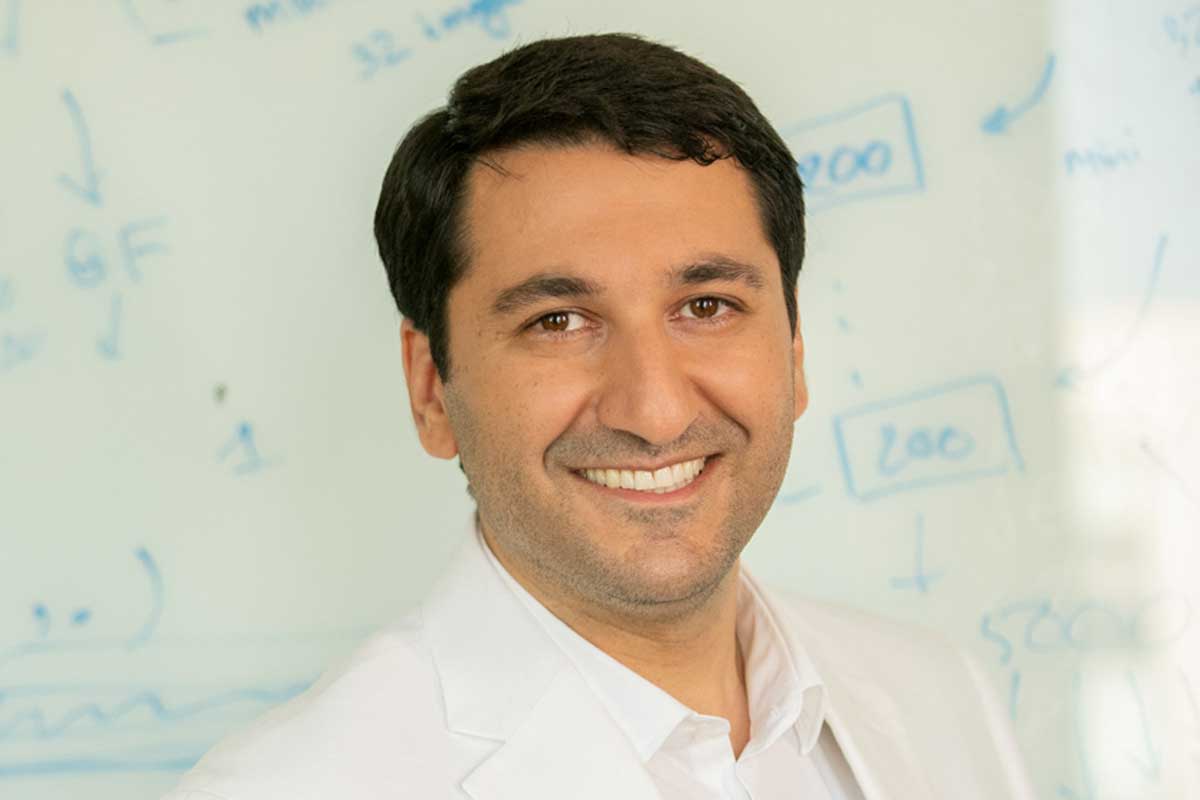
Ehsan Elhamifar
Associate Professor, Director of the MS in Artificial Intelligence program, Affiliate Faculty with the College of Engineering
Ehsan Elhamifar is an associate professor at Khoury College, affiliated with the College of Engineering. The overarching goal of his research is to develop AI that learns from and makes inferences about visual data analogous to humans.
-
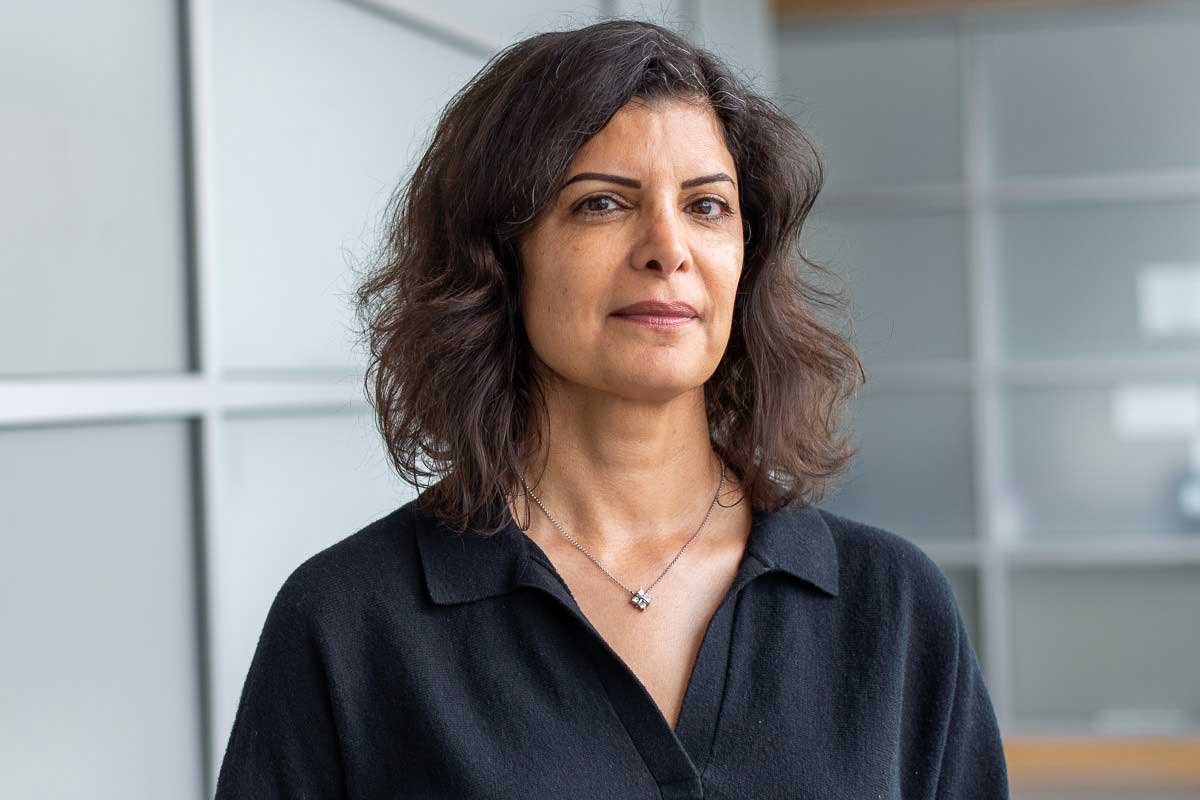
Tina Eliassi-Rad
Joseph E. Aoun Professor
Tina Eliassi-Rad is the inaugural Joseph E. Aoun professor at Khoury College, as well as an external faculty member at the Santa Fe Institute and the Vermont Complex Systems Center. Her research at the intersection of data mining, machine learning, and network science has earned her a place as a core faculty member at both Northeastern’s Network Science Institute, and the Institute for Experiential AI.
-
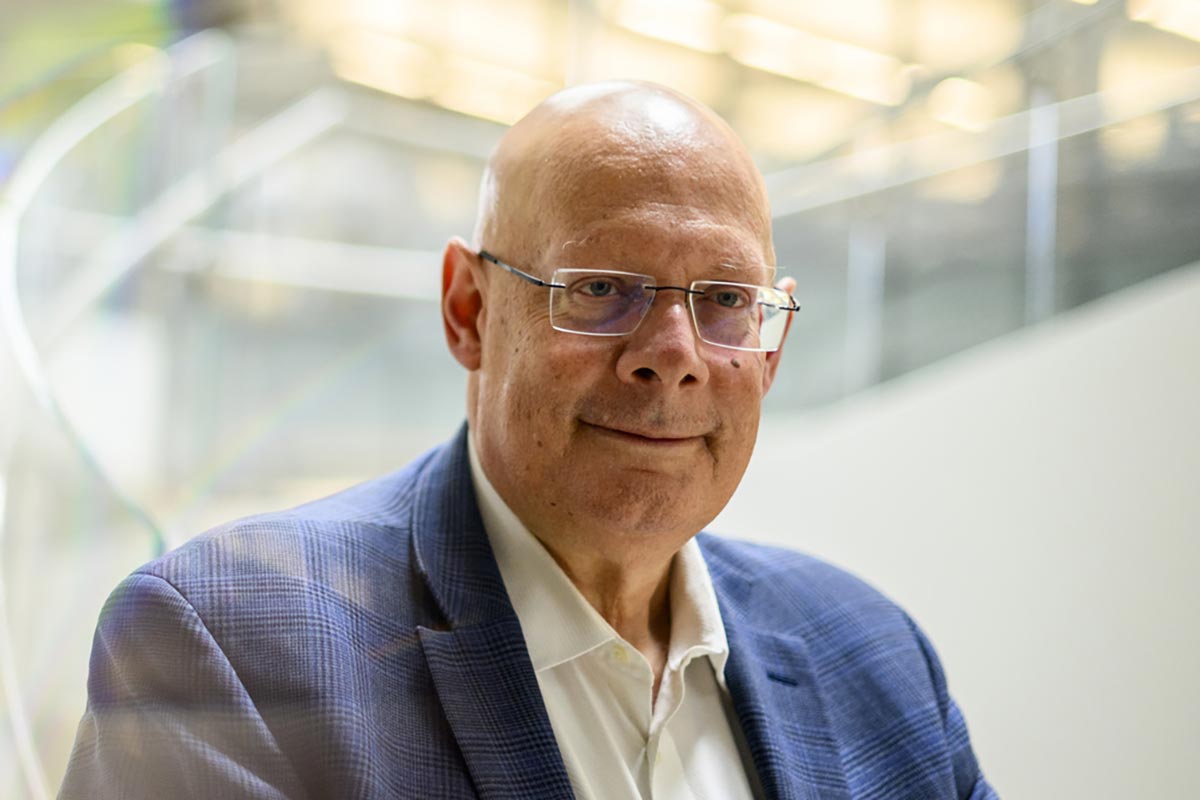
Usama Fayyad
Professor of the Practice, Executive Director Institute for EAI
Usama Fayyad is a professor of the practice at Khoury College and the director of Northeastern’s Institute for Experiential AI. A recipient of awards from the ACM and NASA, he specializes in data science, machine learning, AI, and data mining.
-
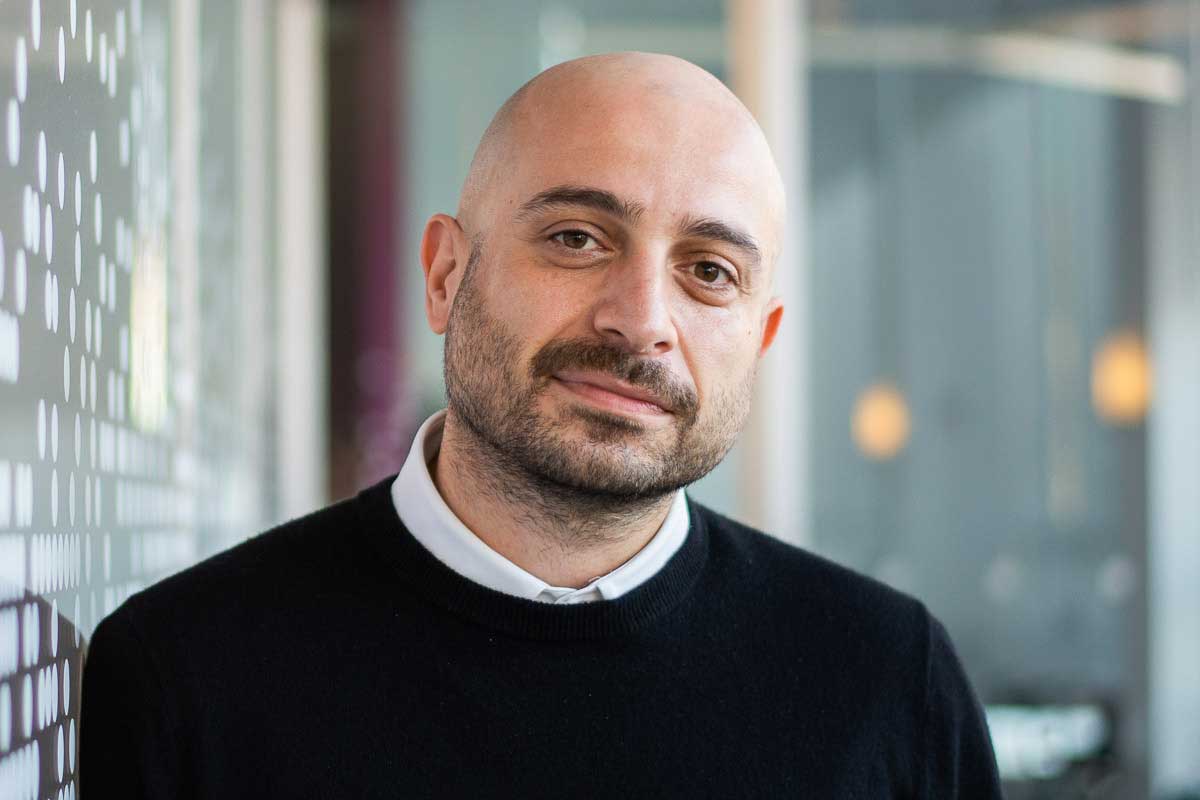
Sina Fazelpour
Assistant Professor
Sina Fazelpour is an assistant professor at Khoury College, jointly appointed with the College of Social Sciences and Humanities. His research draws on tools and techniques from philosophy, cognitive science, agent-based simulation, and machine learning to analyze issues of justice, diversity, and reliability in data-driven and AI technologies.
-
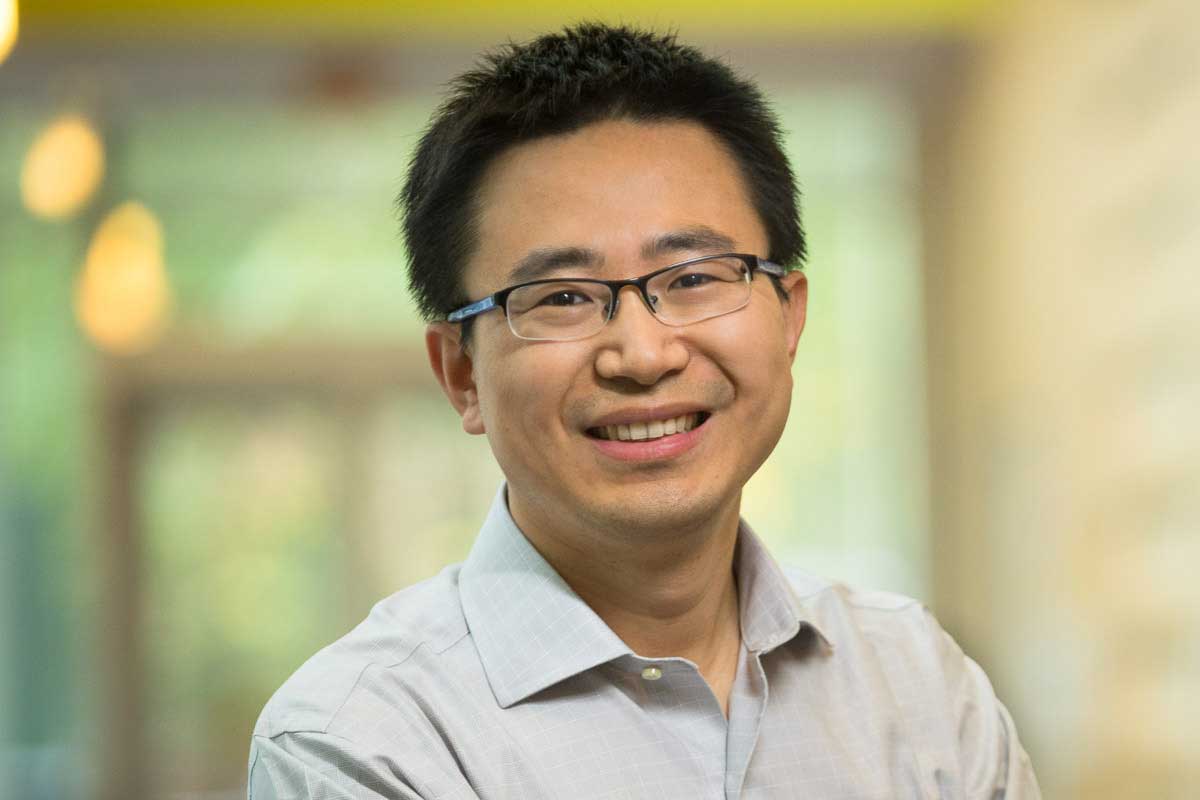
Yun Raymond Fu
Professor, Interdisciplinary with College of Engineering
Yun Raymond Fu is a University Distinguished Professor jointly appointed between the College of Engineering and Khoury College. He is a widely renowned scholar in AI, machine learning, data mining, and computer vision whose resume includes 500+ scientific publications and 40+ patented inventions.
-
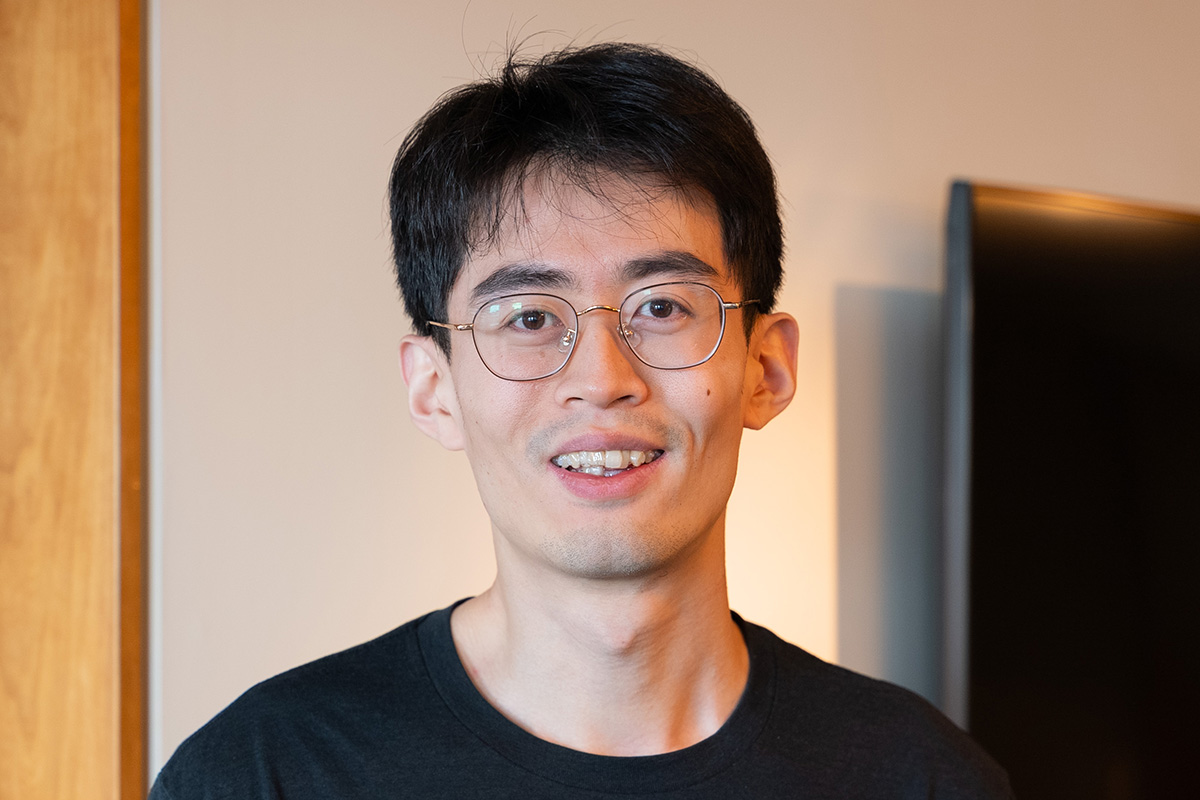
Wengong Jin
Assistant Professor
Wengong Jin is an assistant professor at Khoury College. His research aims to use geometric and generative AI models to improve the costly, time-consuming process of drug discovery.
-

Tala Talaei Khoei
Assistant Teaching Professor
Tala Talaei Khoei is an assistant teaching professor at Khoury College. Her research encompasses AI, deep learning, reinforcement learning, inclusivity in computer science, and data quality, visualization, interpretation, mining, and education.
-

Bruce Maxwell
Teaching Professor, Assistant Director Computing Programs (Seattle)
Bruce Maxwell is a teaching professor and assistant director of computing programs at Khoury College in Seattle. His teaching and research encompass computer vision, computer graphics, robotics, machine learning, AI, and data science.
-
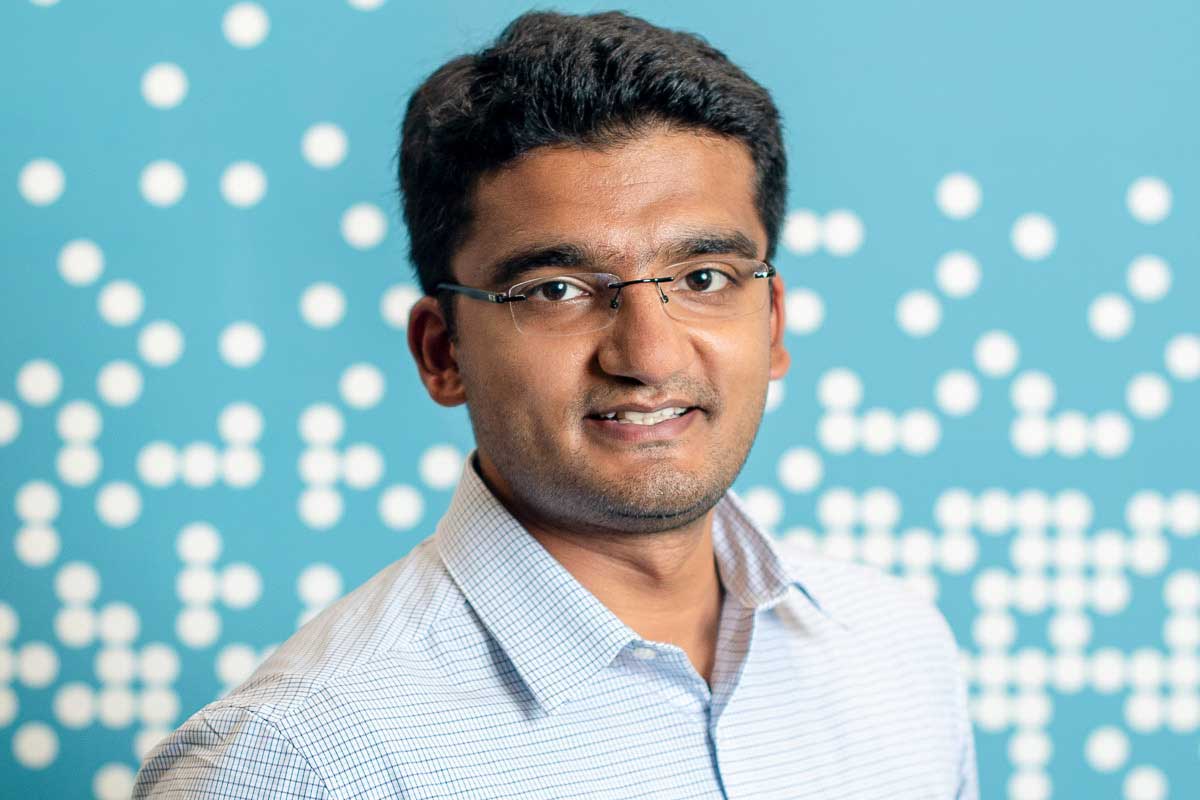
Varun Mishra
Assistant Professor, Interdisciplinary with the Bouvé College of Health Sciences
Varun Mishra is an assistant professor at Khoury College, jointly appointed with the Bouvé College of Health Sciences. His research leverages ubiquitous technologies like smartphones and wearables to enable mental and behavioral health interventions.
-
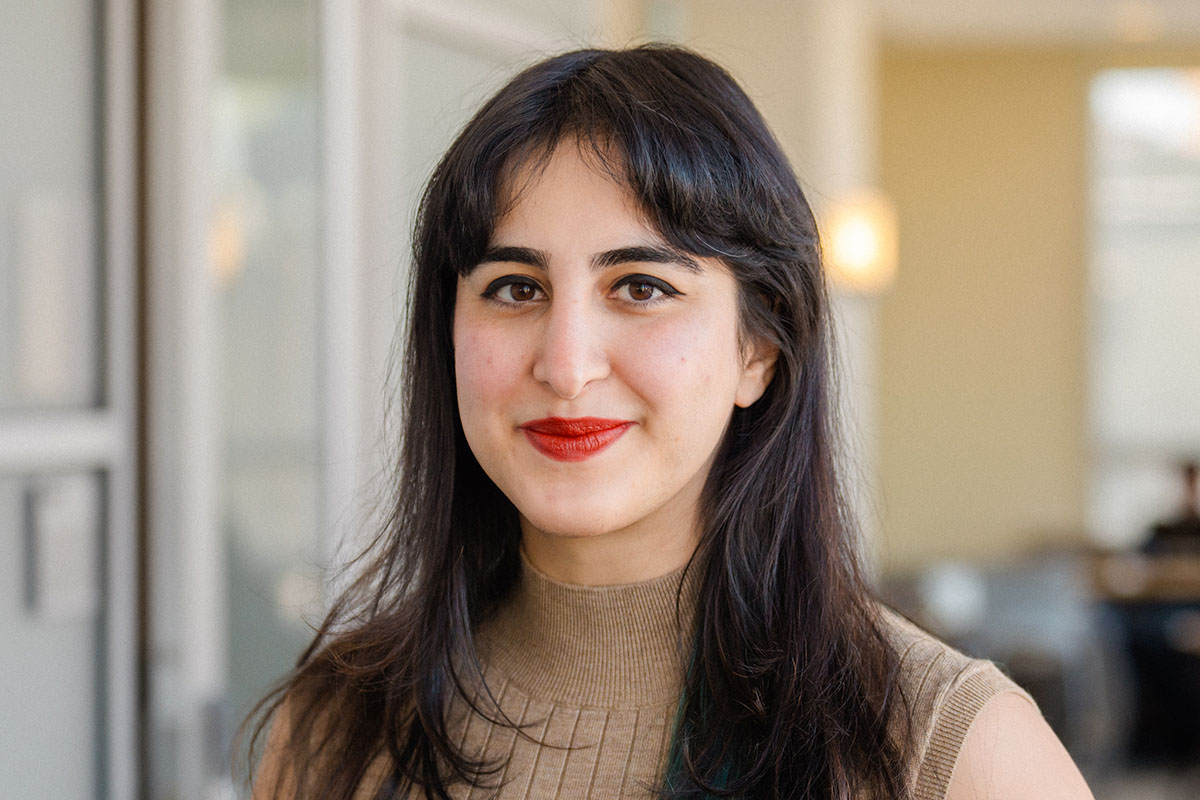
Mahsan Nourani
Research Professor
Mahsan Nourani is a research assistant professor at Khoury College. Her research explores how people of varying backgrounds understand and interact with AI-assisted decision-making systems and the impact those systems have on societies, with the goal of enabling human-centered and responsible AI.
-
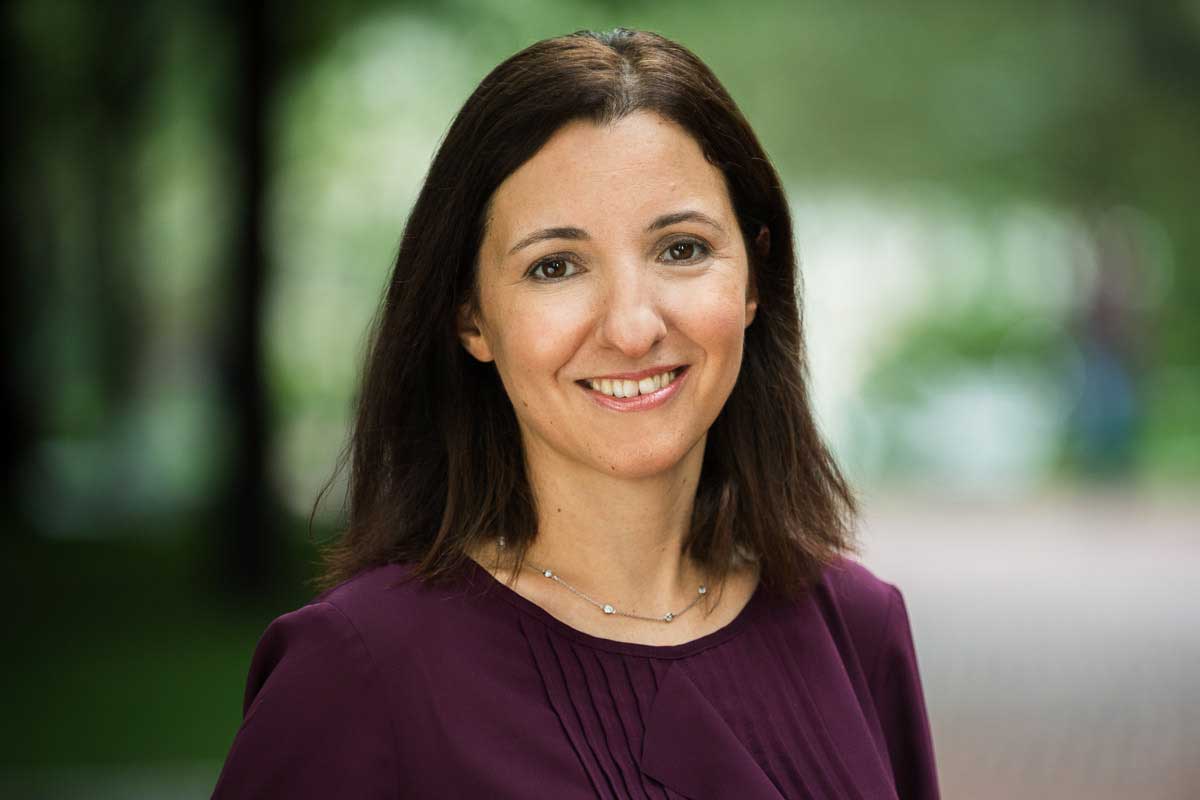
Alina Oprea
Professor
Alina Oprea is a professor at Khoury College specializing in cloud security, applied cryptography, and security analytics. Over many years in industry and academia, she has researched and designed machine learning techniques to predict and protect against hacker behavior.
-

Lace Padilla
Assistant Professor, Interdisciplinary with College of Science
Lace Padilla is an assistant professor at Khoury College, jointly appointed with the College of Science. She combines cognitive, neural, and computer sciences to study how people process data visualizations and how those visualizations can communicate more accurately and effectively.
-
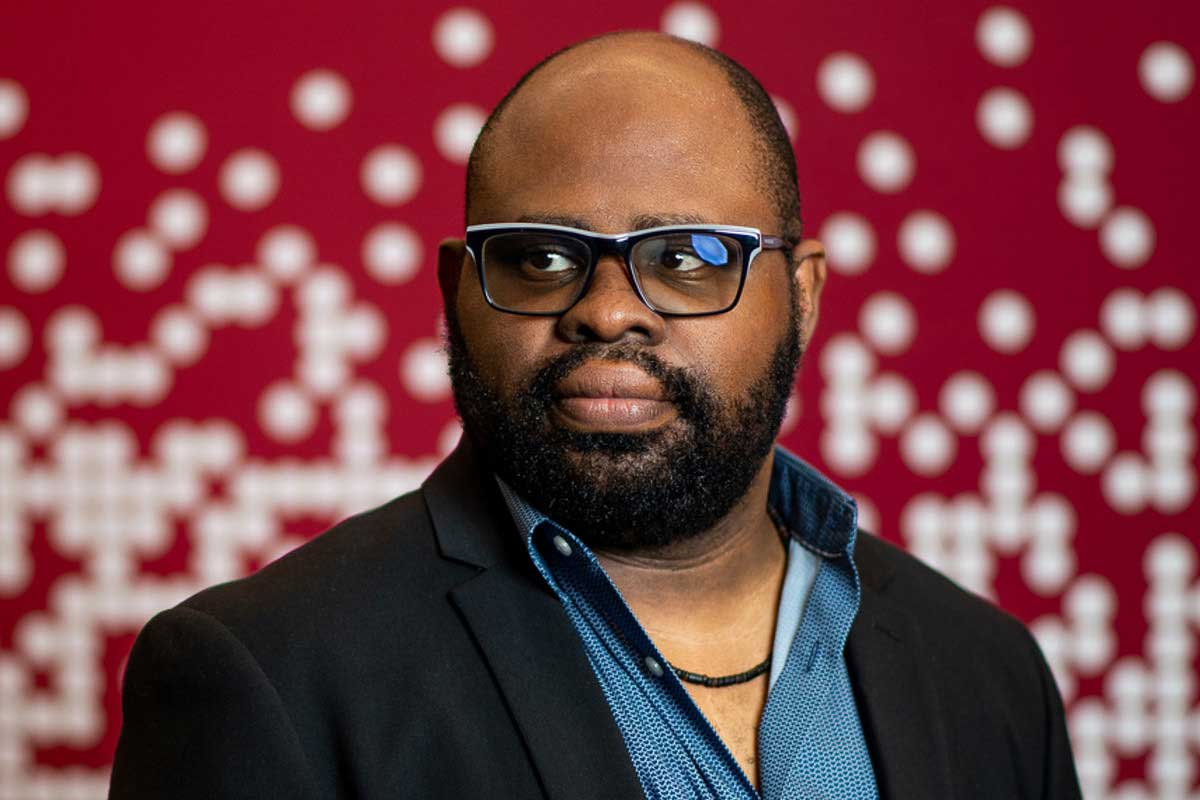
Jose Perea
Associate Professor, Interdisciplinary with College of Science
Jose Perea is an associate professor at Khoury College, jointly appointed with the College of Science. He is passionate about using nonstandard mathematical ideas to solve problems in data science and machine learning.
-
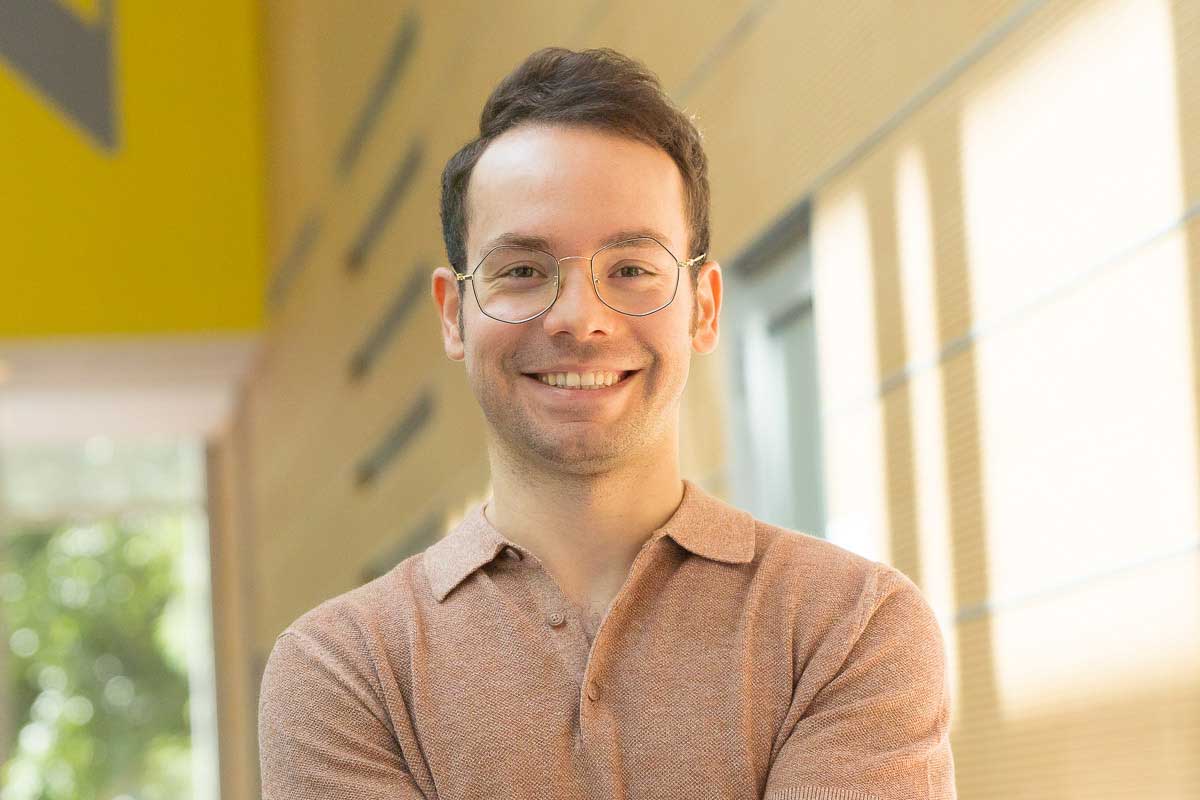
Ryan M. Rad
Assistant Teaching Professor
Ryan Rad is an assistant teaching professor at Khoury College with backgrounds in teaching, research, engineering, and management. He has founded two companies in the last decade and is currently active in computational biology, machine learning, and personal health informatics research.
-

Rush Sanghrajka
Assistant Teaching Professor
Rush Sanghrajka is an assistant teaching professor at Khoury College. His dual passions are computer intelligence as a storytelling medium, and computer science pedagogy.
-
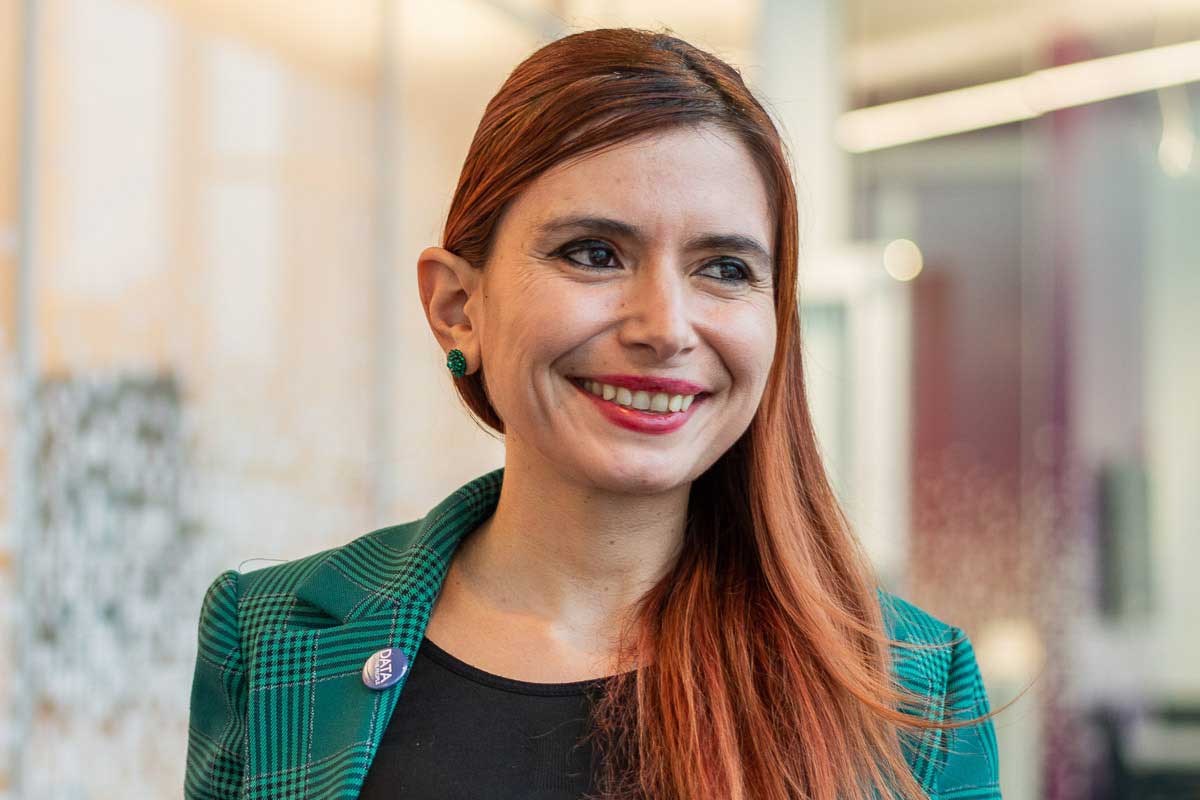
Saiph Savage
Assistant Professor
Saiph Savage is an assistant professor and director of the Civic A.I. Lab at Khoury College. Her research focuses on creating intelligent civic technology to organize collective action for change, which includes battling misinformation and empowering gig and rural workers to access better jobs.
-

Weiyan Shi
Assistant Professor, Interdisciplinary with the College of Engineering
Weiyan Shi is an assistant professor in the Khoury College, jointly appointed with the College of Engineering. She is interested in NLP in the context of social influence dialogue systems such as persuasion, negotiation, and recommendation, as well as privacy-preserving NLP applications.
-
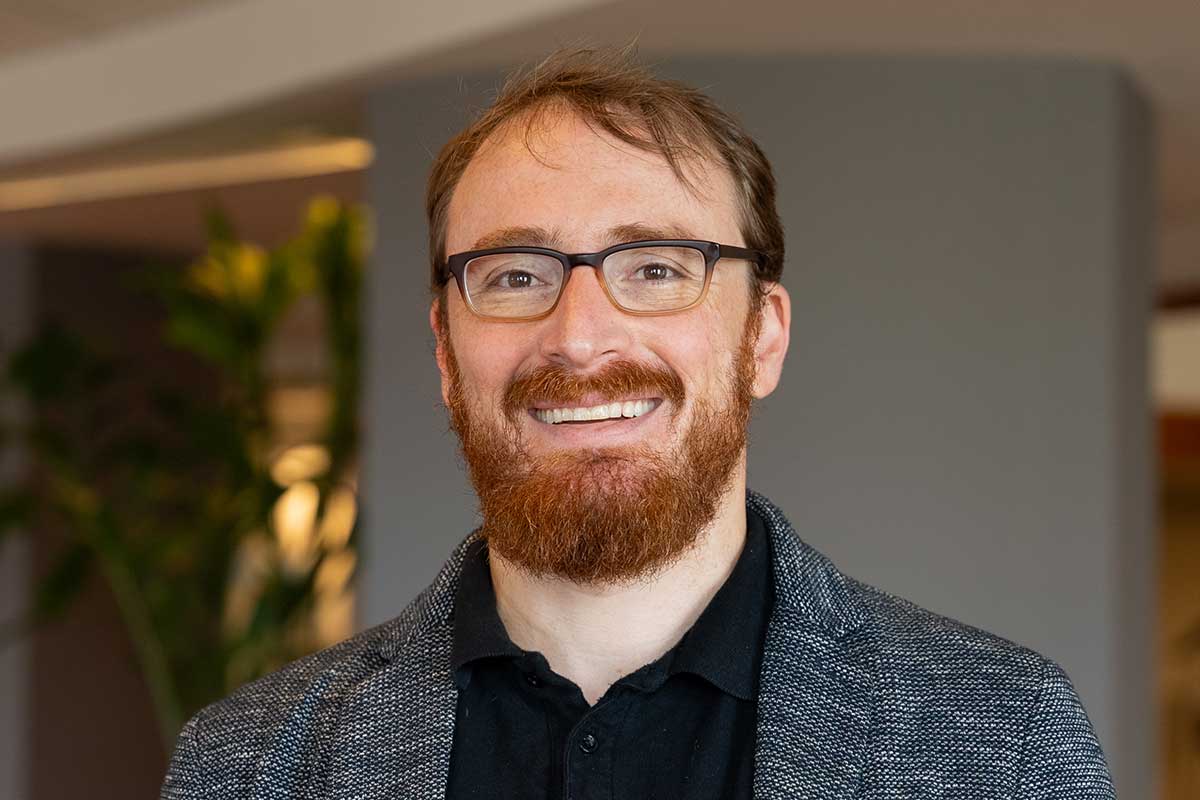
David Stein
Assistant Professor
David Stein is an assistant professor, jointly appointed between Khoury College and the School of Law. He studies the interplay between emerging technologies and legal institutions, and holds seven patents for digital identity and database management technologies.
-
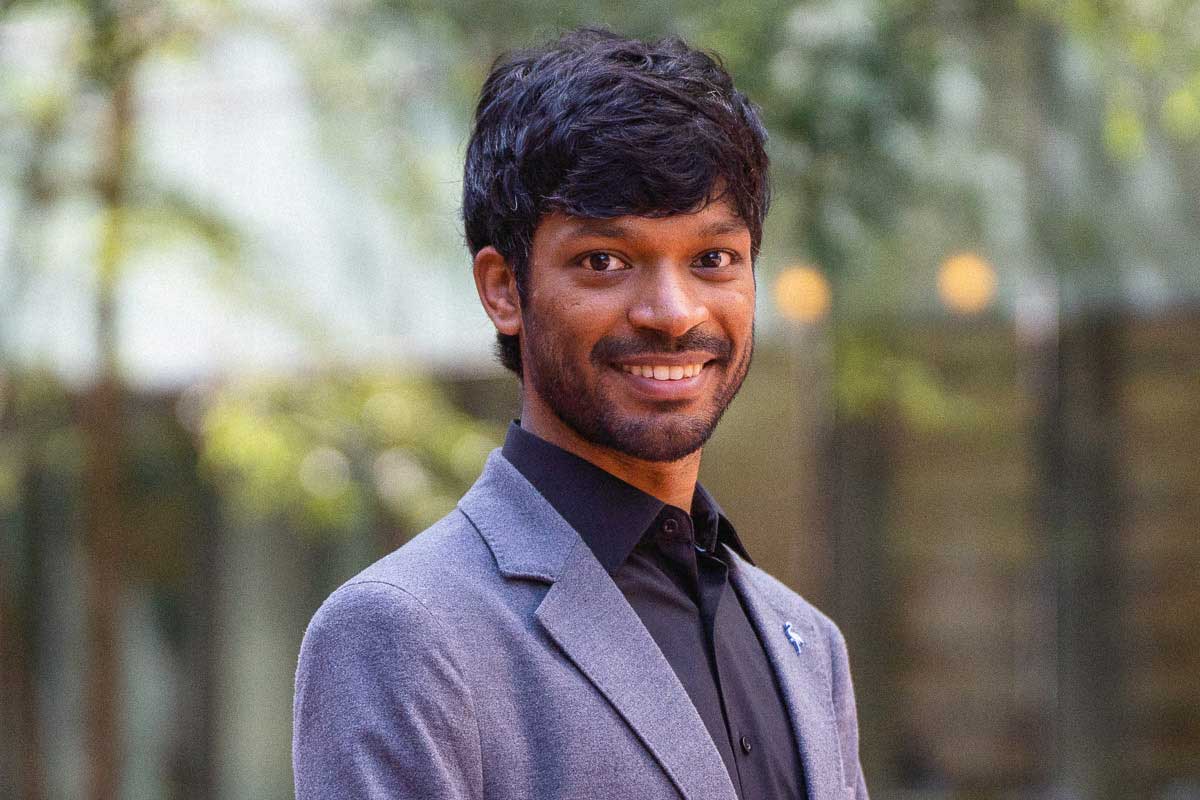
Rajagopal Venkatesaramani
Assistant Teaching Professor
Rajagopal Venkatesaramani is an assistant teaching professor at Khoury College. He uses large-scale optimization, machine learning, and game-theoretic framework to enable privacy–utility trade-offs for genomic data sharing.
-
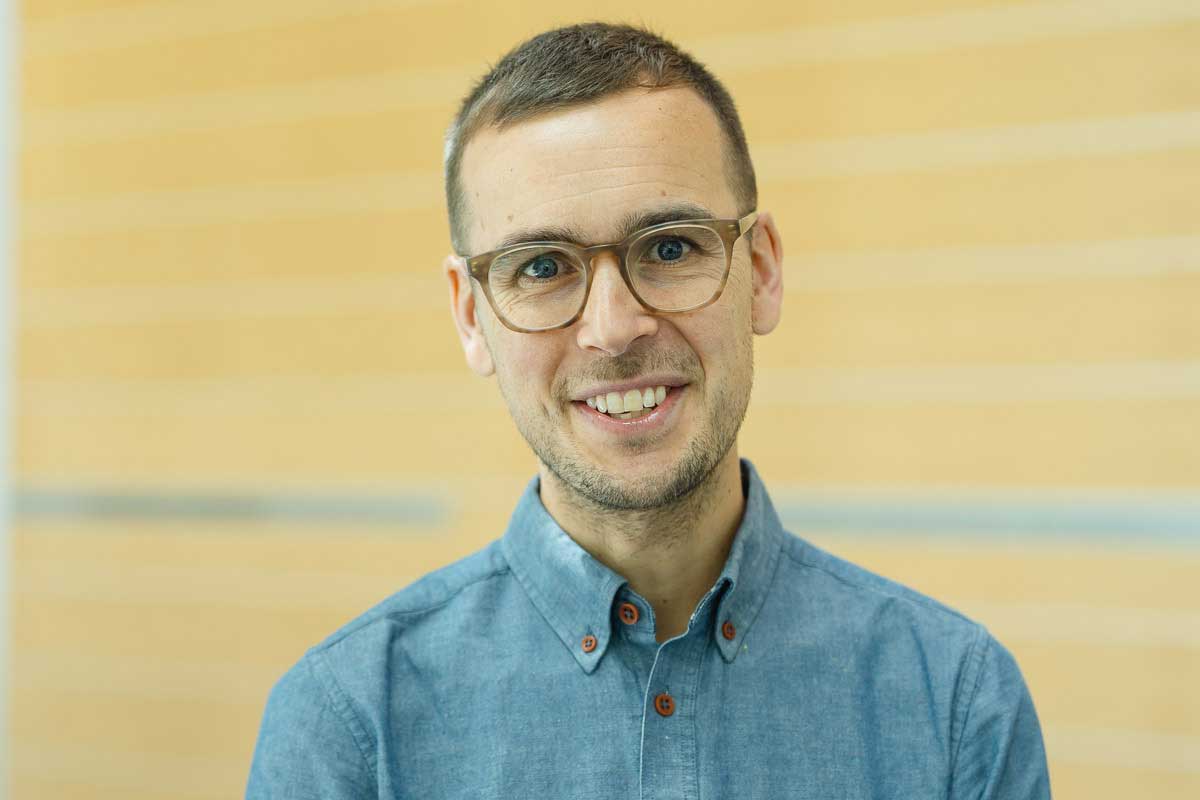
Byron Wallace
Sy and Laurie Sternberg Interdisciplinary Associate Professor, Associate Dean of Graduate Programs, Director of the BS in Data Science Program
Byron Wallace is the Sy and Laurie Sternberg Interdisciplinary Associate Professor and director of the undergraduate data science program at Khoury College. He applies machine learning and natural language processing methods in the health informatics space, with the goal of developing hybrid human–AI systems and streamlining the synthesis of biomedical information.
-
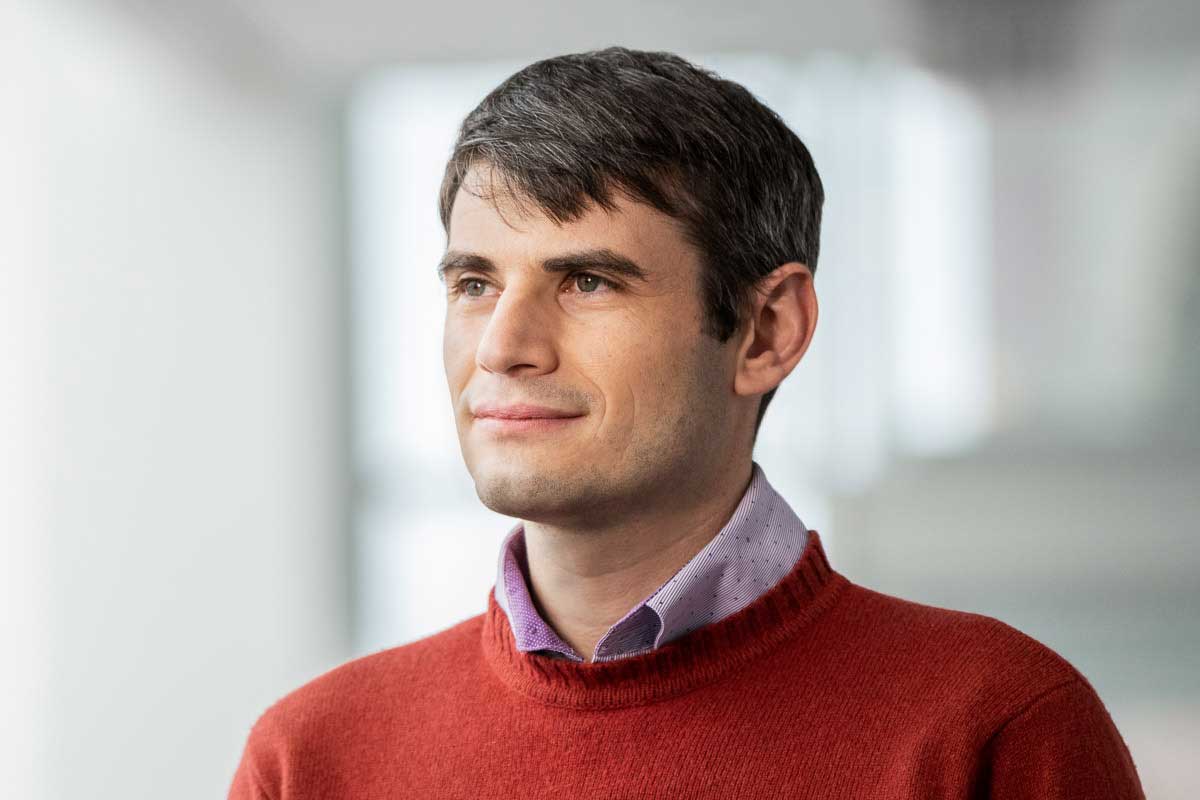
Robin Walters
Assistant Professor
Robin Walters is an assistant professor at Khoury College. He leads the Geometric Learning Lab, where his research explores the role symmetry can play in developing data-efficient, trustworthy deep learning models.
-
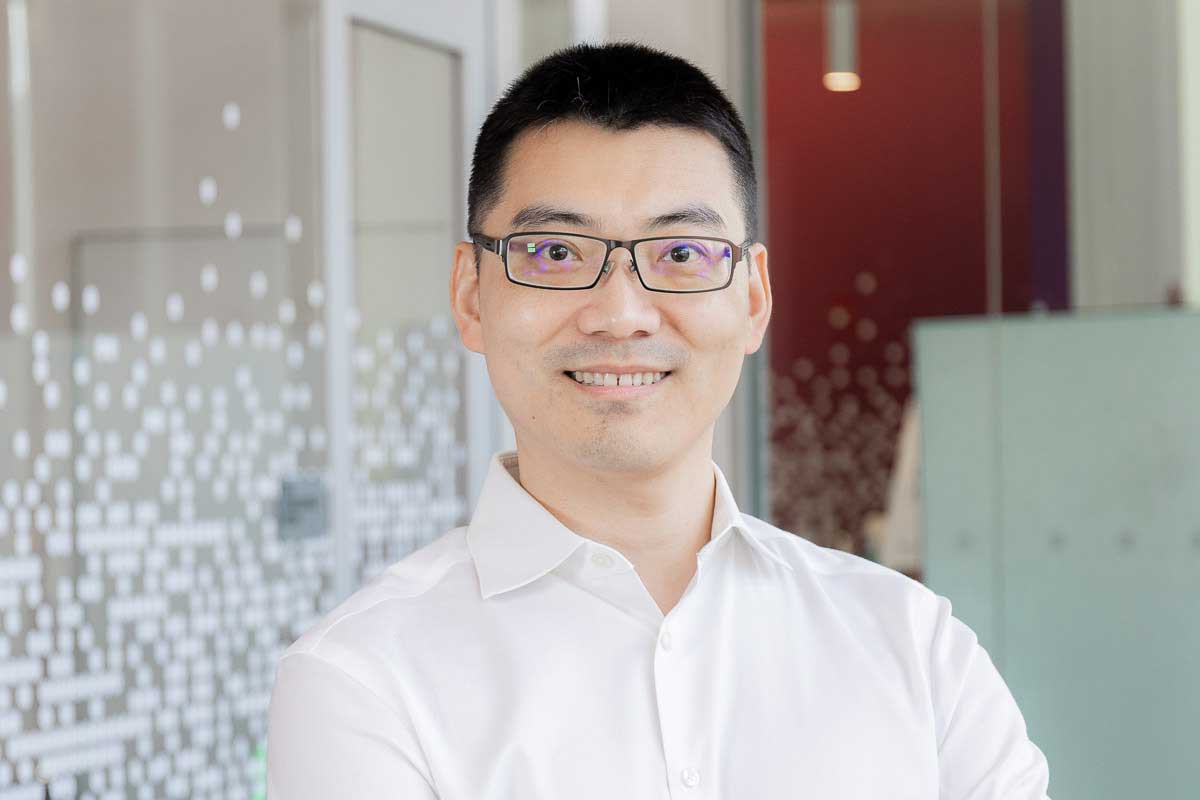
Dakuo Wang
Associate Professor
Dakuo Wang is an associate professor at Khoury College. He is also an ACM Distinguished Speaker and gives talks around the world on his research into human-centered AI (HCAI) systems.
-
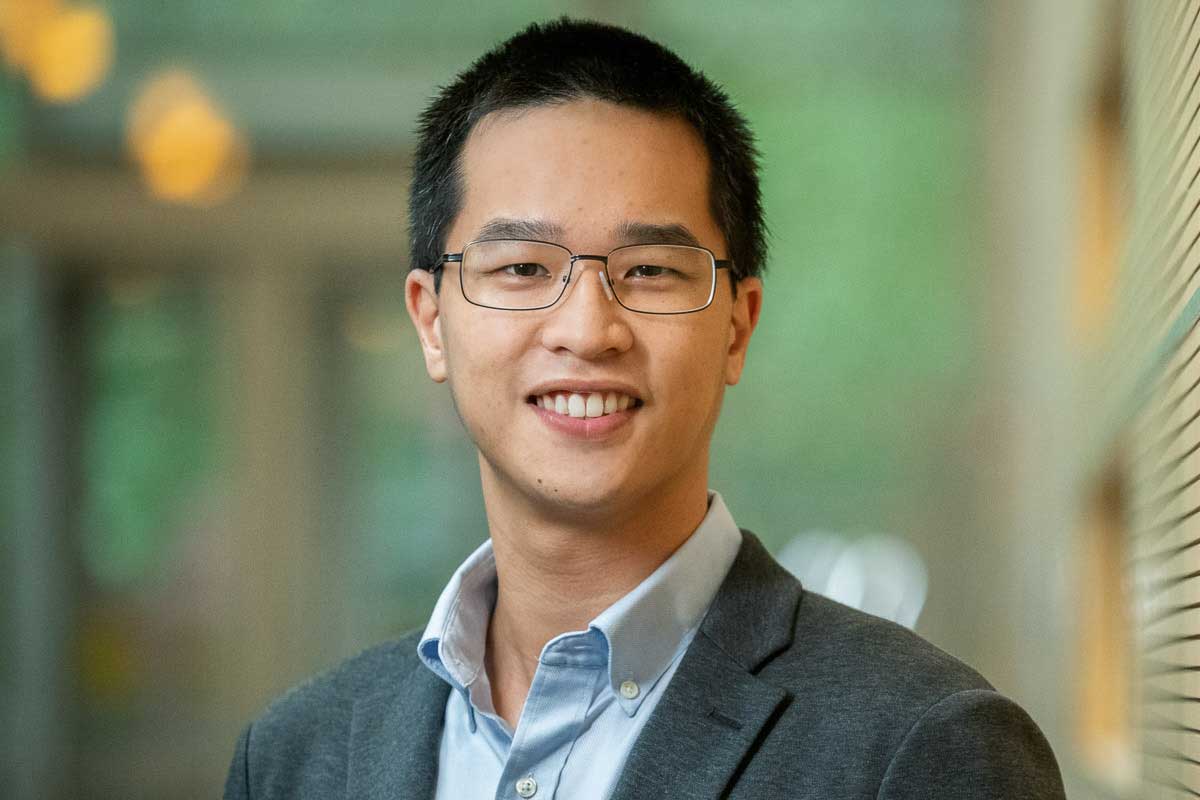
Lawson Wong
Assistant Professor
Lawson Wong is an assistant professor at Khoury College. His research focuses on learning, representing, and estimating knowledge about environments and the world in ways that autonomous robots can use.
